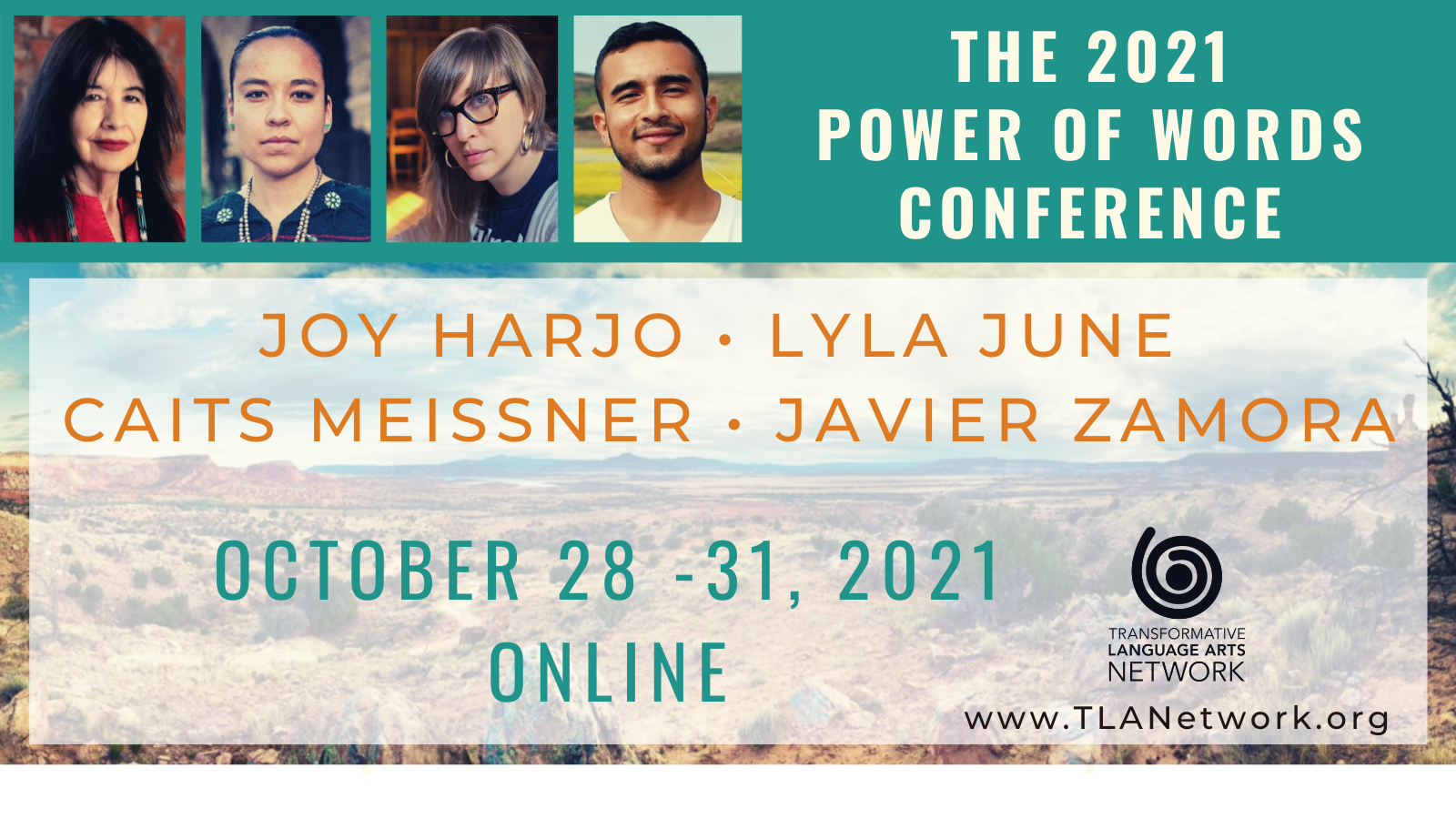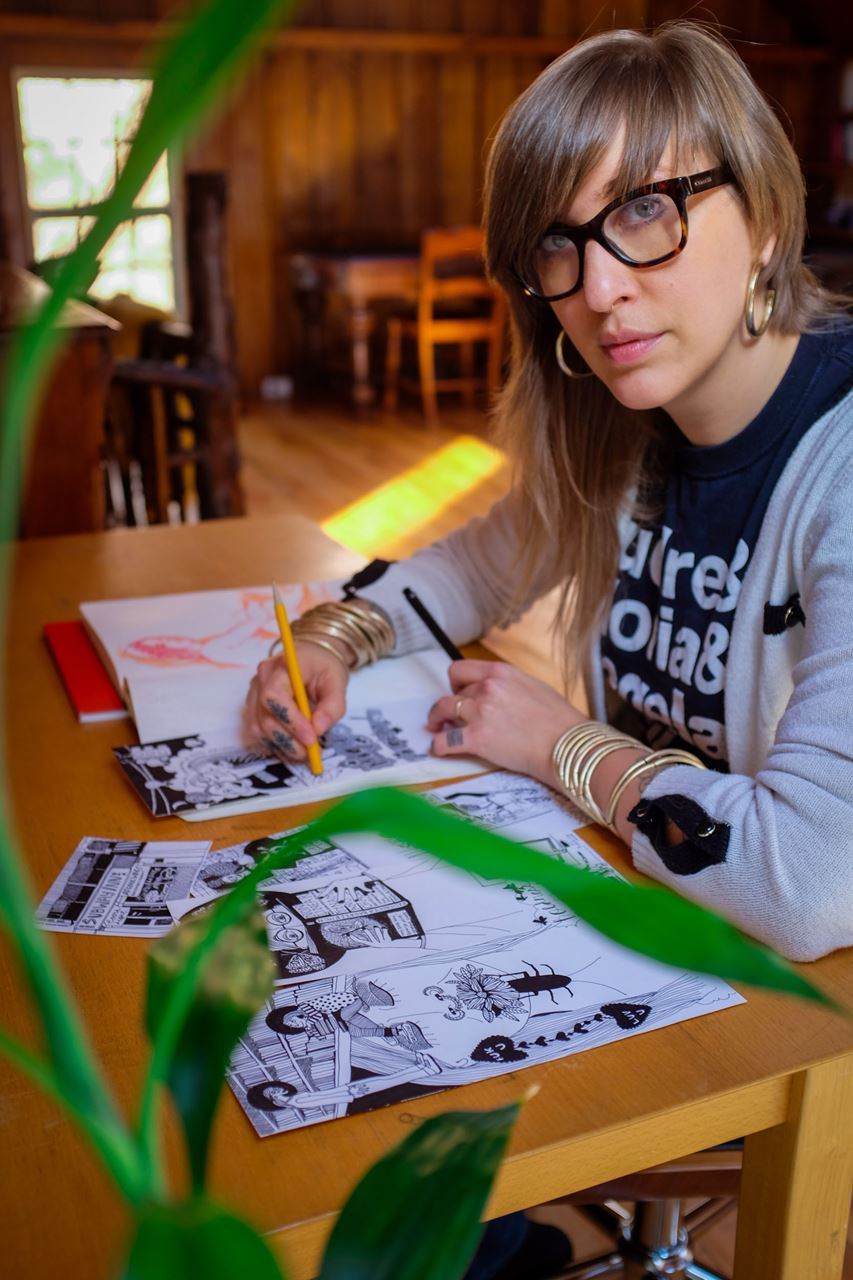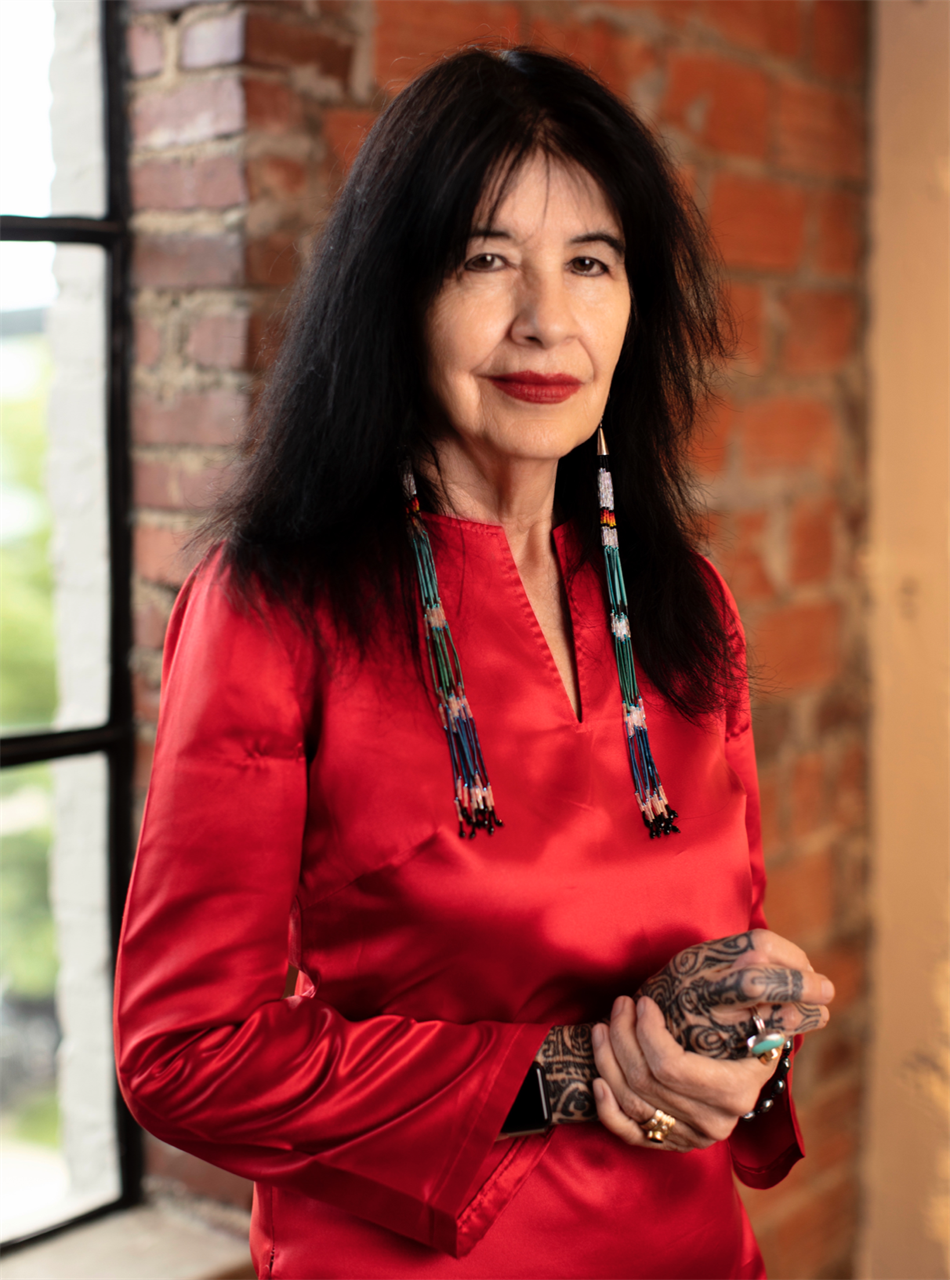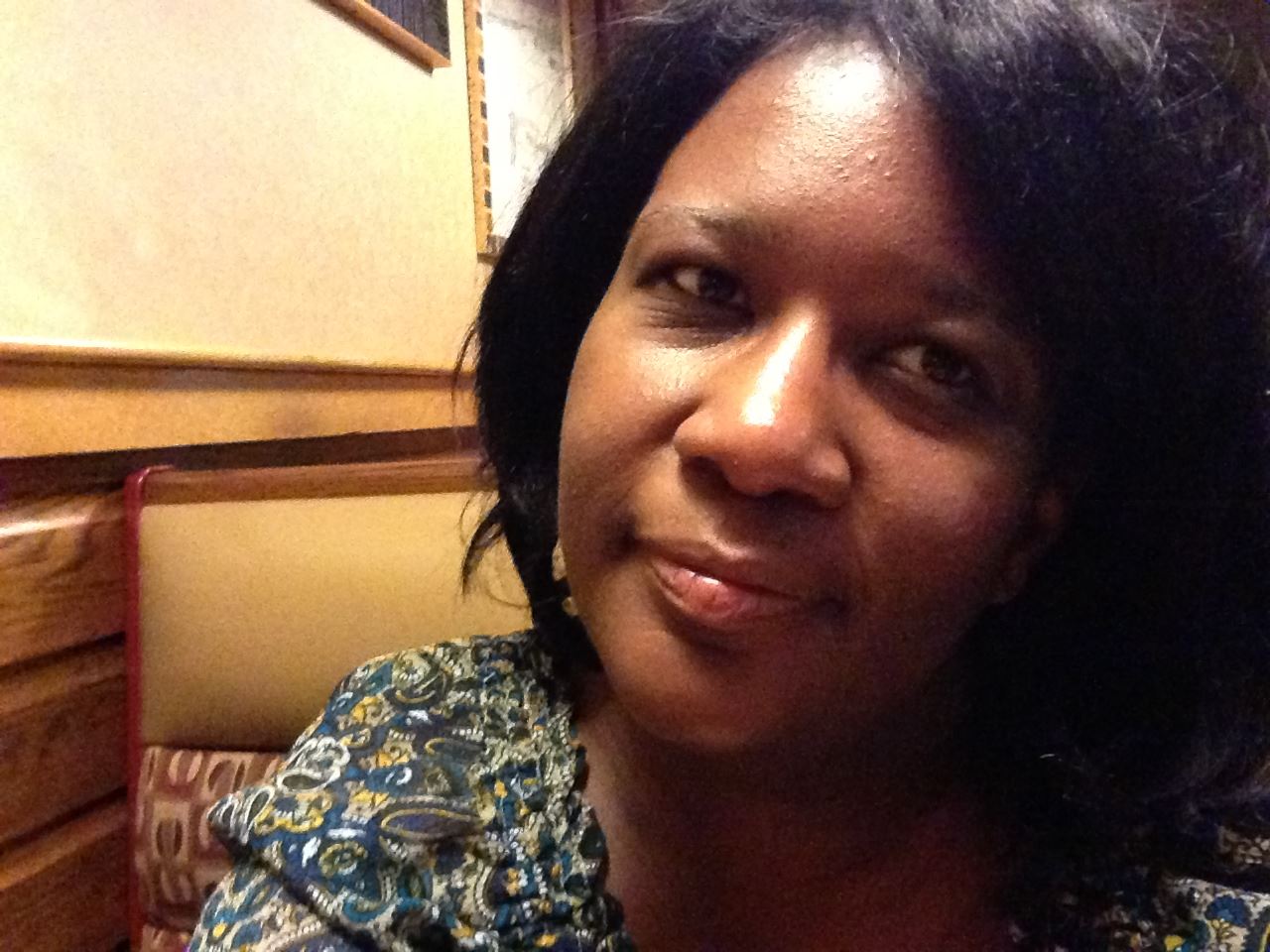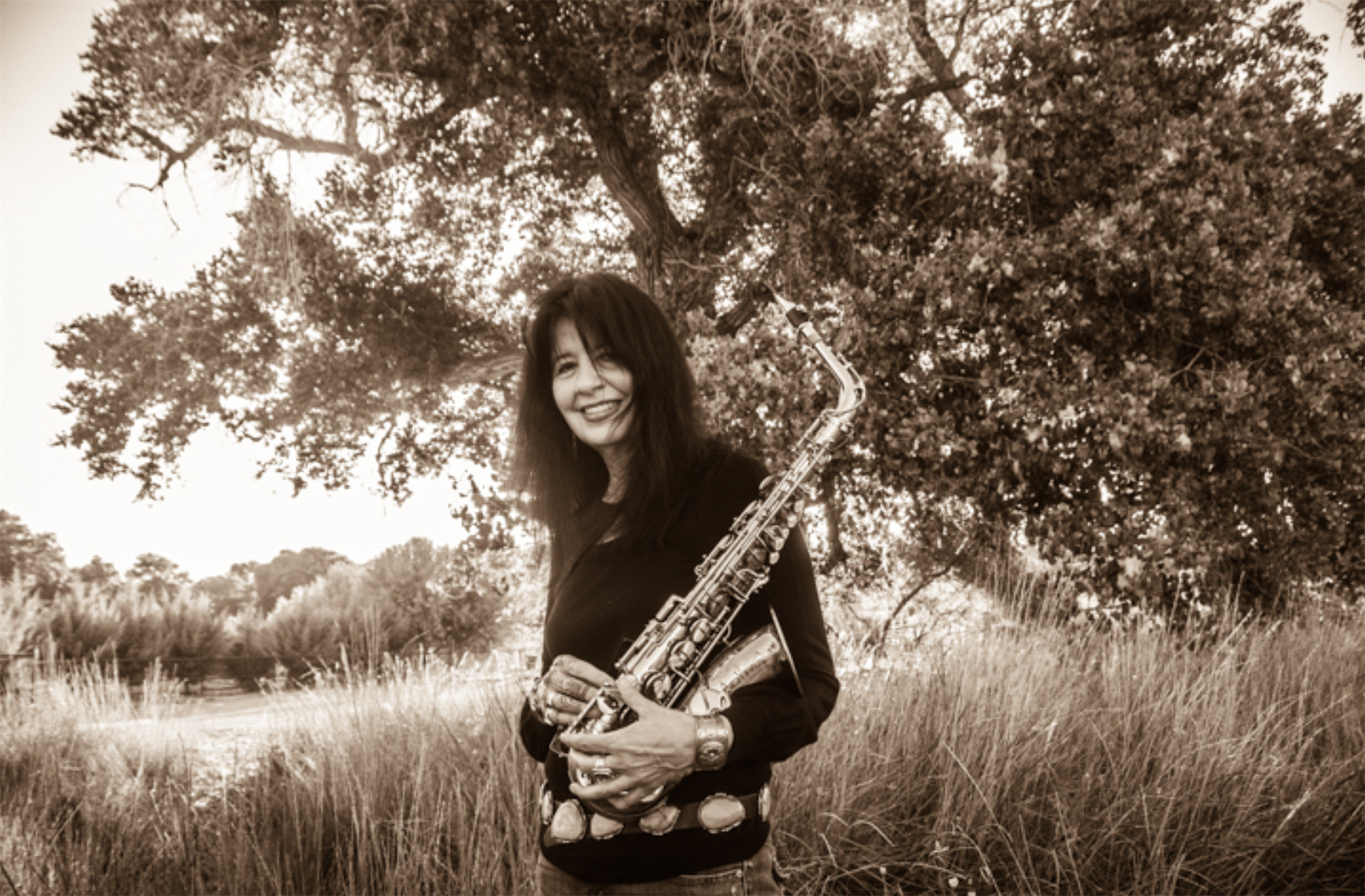Thursday, October 28th 
Performance: Your Memoir as Monologue Showcase: Voices of Healing and Transformation
A showcase of recent work created by Kelly DuMar's TLA Network class, Your Memoir as Monologue, this event is free and open to the public, and will be on Zoom.
Register here.
Login information will be emailed out the day of the show.
Stella Adler called theater the “seeing place”––the place we come to see the truth about our lives and social situation. Oscar Wilde called theater “the most immediate way in which a human being can share with another the sense of what it is to be a human being.” And August Wilson was, “fascinated by the idea of an audience as a community of people who gather willingly to bear witness.” We invite you, our audience, to share in making dynamic theater with us, by being present for this showcase of brand new stage monologues. This intimate and powerful experience will present writing by class participants––read by actors––is part of the critical page-to-stage development process that all new plays need. Please join us, and share the vitality of your presence and your witness as our much-appreciated audience.

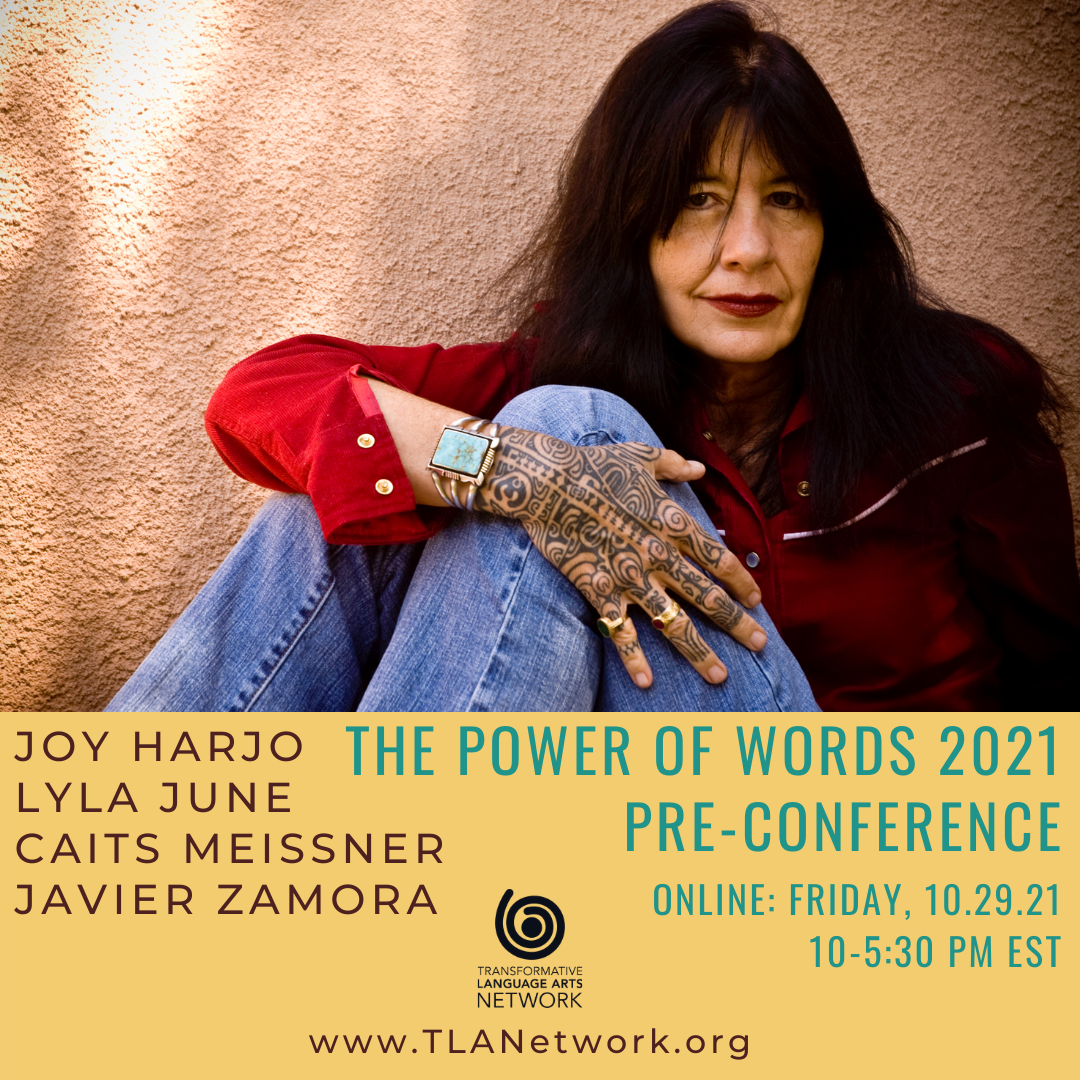 Friday, October 29th
Friday, October 29th
Pre-Conference Workshops and Panel Discussion
P1. Pre-Conference Workshop: Caits Meissner
Caits Meissner is the author of the illustrated hybrid poetry book Let It Die Hungry (The Operating System, 2016). Her latest projects include the DIY comix poetry zine Pep Talks For Broke(n) People and a comix vignette series, New York Strange, publishing monthly in Hobart journal throughout 2020. Invested in the transformative, restorative, and change-making capacities of imagination and creativity, Caits' has an extensive history in community arts work. She has facilitated, consulted, and co-created for 15 years across a vast spectrum of communities, with a special focus on imprisoned people, women, and youth. Currently, Caits is the inaugural Palette Poetry Second Book Fellow and spends her days as the Prison and Justice Writing Program Director at PEN America. Caits lives and works in New York City.
 P2. Pre-Conference Workshop: Lyla June
P2. Pre-Conference Workshop: Lyla June
Lyla June is an Indigenous environmental scientist, doctoral student, educator, community organizer and musician of Diné (Navajo), Tsétsêhéstâhese (Cheyenne) and European lineages.
Her messages focus on Indigenous rights, supporting youth, traditional land stewardship practices and healing inter-generational and inter-cultural trauma.
She blends undergraduate studies in human ecology at Stanford University, graduate work in Native American Pedagogy at the University of New Mexico, and the indigenous worldview she grew up with to inform her perspectives and solutions. Her internationally acclaimed presentations are conveyed through the medium of poetry, music and/or speech. She is currently pursuing a doctoral degree at the University of Alaska, Fairbanks in Indigenous Studies with a focus on Indigenous Food Systems Revitalization.
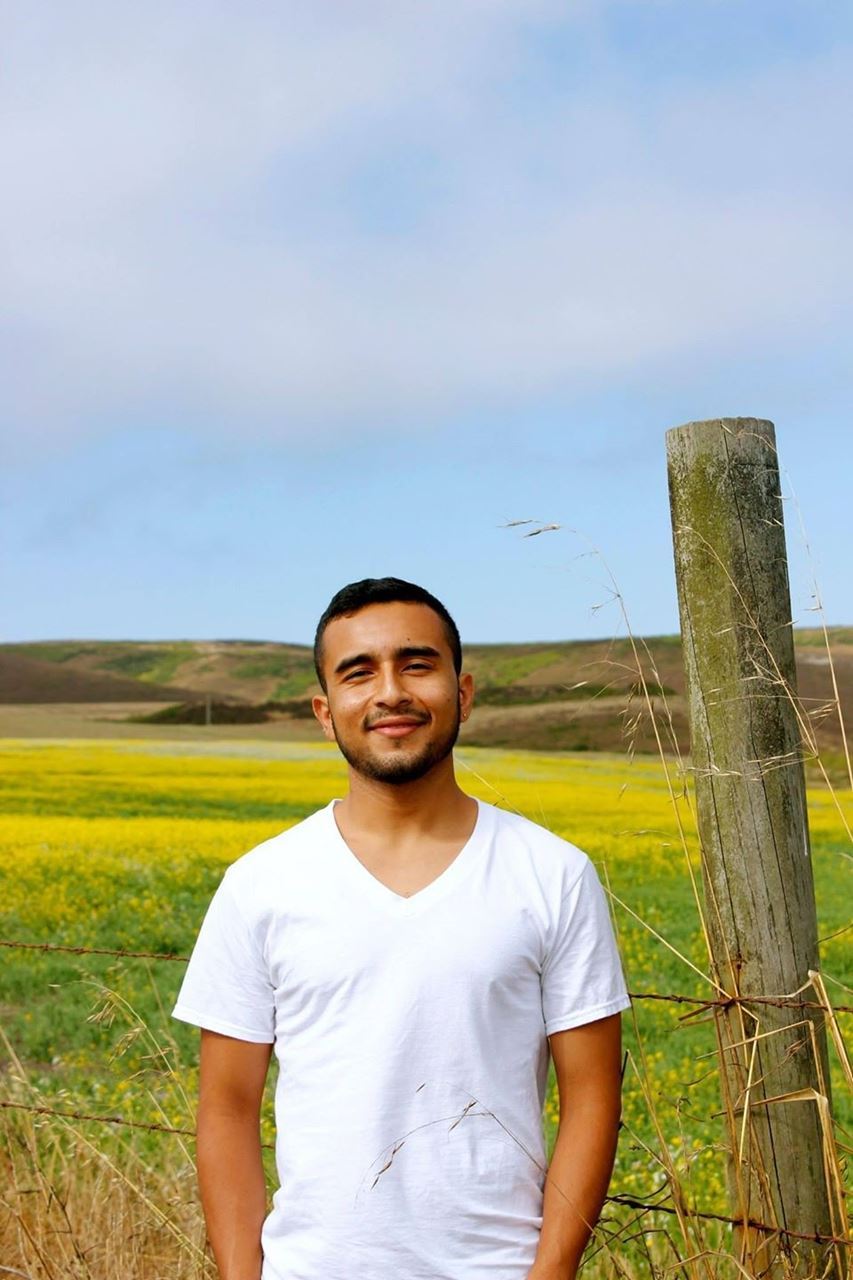
P3. Pre-Conference Workshop: Javier Zamora
Javier Zamora was born in El Salvador and immigrated to the United States in 1999 when he was nine—travelling unaccompanied 4,000 miles, across multiple borders, from El Salvador to the US to be reunited with his parents. Unaccompanied (Copper Canyon Press, 2017), his first poetry collection, explores how immigration and civil war have impacted his life and family. This collection won the 2018 North California Book Award, the 2018 Firecracker Award, and was a finalist for the 2019 Kate Tufts Discovery Award. He is also the author of the chapbook Nueve Años Inmigrantes/Nine Immigrant Years, which won the 2011 Organic Weapon Arts contest.
In a 2014 interview for the National Endowment for the Arts Works Blog, Zamora states, “I think in the United States we forget that writing and carrying that banner of ‘being a poet’ is tied into a long history of people that have literally risked [their lives] and died to write those words.” After selecting Javier as winner of the 2017 Narrative Prize, co-founder and editor Tom Jenks said: “In sinuous plainsong that evokes the combined strengths, the bright celebrations, and the dark sorrows of two Americas sharing and transcending borders, Javier Zamora’s verse affirms human commonality and aspiration.”
Zamora holds a BA from the University of California, Berkeley, where he studied and taught in June Jordan’s Poetry for the People program and earned an MFA from New York University. His poems have been featured in Granta, The Kenyon Review, Poetry, The New York Times, and many others. Zamora has received many honors, including a 2015 NEA fellowship, the 2016 Ruth Lilly Fellowship, a 2016-2018 Wallace Stegner Fellowship, the 2017 Lannan Literary Fellowship, and the 2017 Narrative Prize. In 2016, Barnes & Noble granted the Undocupoets, of which he’s a founding member, the Writer for Writers Award for working to promote undocumented or previously undocumented writers. Most recently he was a 2018-2019 Radcliffe Fellow at Harvard University, where he was working on his memoir and second collection of poems. He lives in Harlem, NY.
P4. Pre-Conference Panel Discussion, featuring Joy Harjo, Lyla June, Javier Zamora, and Caits Meissner. Moderated by TLA Network founder Caryn Mirriam-Goldberg.
In 2019, Joy Harjo was appointed the 23rd United States Poet Laureate, the first Native American to hold the position and only the second person to serve three terms in the role. Harjo’s nine books of poetry include An American Sunrise, Conflict Resolution for Holy Beings, How We Became Human: New and Selected Poems, and She Had Some Horses. She is also the author of two memoirs, Crazy Brave and Poet Warrior, which invites us to travel along the heartaches, losses, and humble realizations of her “poet-warrior” road. She has edited several anthologies of Native American writing including When the Light of the World was Subdued, Our Songs Came Through — A Norton Anthology of Native Nations Poetry, and Living Nations, Living Words, the companion anthology to her signature poet laureate project. Her many writing awards include the 2019 Jackson Prize from the Poetry Society of America, the Ruth Lilly Prize from the Poetry Foundation, the 2015 Wallace Stevens Award from the Academy of American Poets, and the William Carlos Williams Award from the Poetry Society of America. She is a chancellor of the Academy of American Poets, Board of Directors Chair of the Native Arts & Cultures Foundation, and holds a Tulsa Artist Fellowship. A renowned musician, Harjo performs with her saxophone nationally and internationally; her most recent album is I Pray For My Enemies. She lives in Tulsa, Oklahoma.
 Conference Opening
Conference Opening
Friday Evening Keynote - Lyla June
(details to follow)
Saturday, October 30th
Session Track #1
.jpg)
Dylan Lundgren is a TEDx Speaker and Addiction Recovery Advocate. His mission is to work with individuals and organizations to increase engagement in the addiction recovery process and improve long-term outcomes. Dylan has been in recovery since 2004. During this time, he has been professionally involved in the addiction treatment industry offering various holistic modalities and solution-oriented strategies
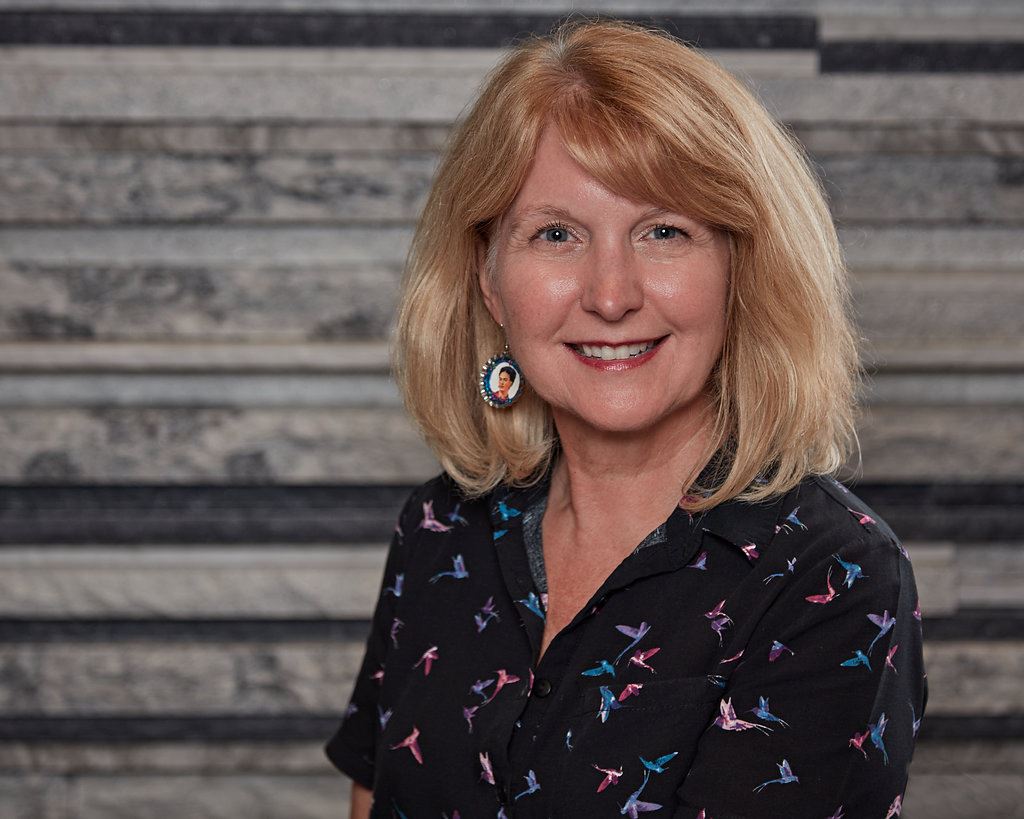 1B. Theatre for All - Inclusive Theatre and Poetry for People of Diverse Abilities in SW Minnesota. The presentation will benefit attendees seeking information on how inclusive theatre benefits people of diverse abilities who seek to share their gifts and talents, share their stories and want to educate their audiences on issues of disability. Attendees will be given examples of how amplifying the voice of participants creates greater societal inclusion, examines and advocates for issues of disability and brings participants a greater sense of belonging in community. Attendees will be given the opportunity to participate in theatre games, be shown examples of how plays and performances are devised and participate in a poetry exercise.
1B. Theatre for All - Inclusive Theatre and Poetry for People of Diverse Abilities in SW Minnesota. The presentation will benefit attendees seeking information on how inclusive theatre benefits people of diverse abilities who seek to share their gifts and talents, share their stories and want to educate their audiences on issues of disability. Attendees will be given examples of how amplifying the voice of participants creates greater societal inclusion, examines and advocates for issues of disability and brings participants a greater sense of belonging in community. Attendees will be given the opportunity to participate in theatre games, be shown examples of how plays and performances are devised and participate in a poetry exercise. Wilbur Neushwander-Frink is a playwright and founding member of Open Arts Minnesota- a non-profit dedicated to the mission of providing inclusive theatrical and literary opportunities for people of diverse abilities. Wilbur has over 25 years of experience working as an ally in Minnesota’s Disability Rights Movement. Most of Wilbur’s work in this movement focuses on devising original plays based on the ideas and concerns of the members of the various groups in which she works.
Diana Joseph is a teacher and director of LitReach, a community writing program.

1C. Writing to Right the World: Channeling Soul Force - This lively writing workshop takes off from Rev. Martin Luther King Jr.’s idea of “soul force,” which he used in alignment with Gandhi’s concept of satyagraha, to mean the force of truth, justice and good in the world. We will explore ways to channel this “soul force” into our own transformative writing, both individual and collaborative, aiming to “right the world” through the positive power of our words and intentions.
Jennifer Browdy, Ph.D. has taught college writing and media arts for more than 30 years and is chair of the English Department at Bard College/Simon’s Rock. Her memoir, What I Forgot ...And Why I Remembered, was a finalist for the 2018 International Book Awards. Her writer’s guide, The Elemental Journey of Purposeful Memoir, won a 2017 Nautilus Silver Award. She provides coaching and manuscript review and offers memoir workshops online and in person. Recent engagements include Mt. Holyoke College, the Writers’ Federation of Nova Scotia, Kripalu Center for Yoga & Health, the Bioneers conference, the TLAN conference and the Association for the Study of Literature & the Environment conference. Find out more at JenniferBrowdy.com.
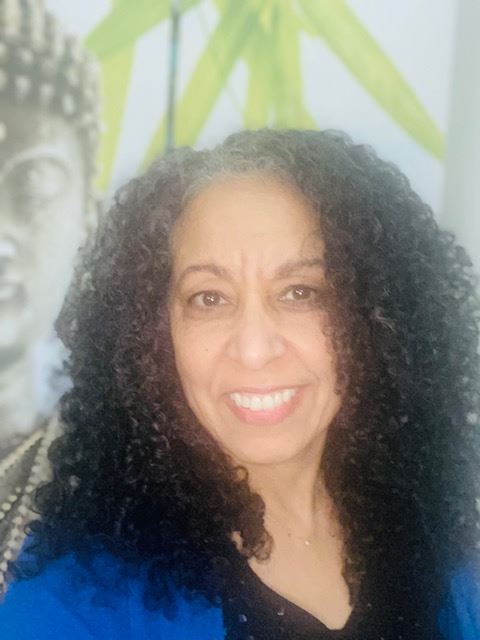 1D. Mindful Writing - This workshop bridges poetry therapy and mindfulness to help the participants write to heal and gain personal growth. The writing will concentrate on depicting the experience of being present in the body and surroundings without judgment. Participants will use different forms of meditations and engage in reflective discussions of poems that will create a new narrative.
1D. Mindful Writing - This workshop bridges poetry therapy and mindfulness to help the participants write to heal and gain personal growth. The writing will concentrate on depicting the experience of being present in the body and surroundings without judgment. Participants will use different forms of meditations and engage in reflective discussions of poems that will create a new narrative.Marianela Medrano was born and raised in the Dominican Republic and has lived in Connecticut since 1990. A poet and a writer of nonfiction and fiction, she holds a PhD in psychology. Her literary work has appeared in numerous anthologies and magazines in Latin America, Europe and the United States. Her poetry has been translated into Italian and French. She is President of The National Association for Poetry Therapy, NAPT. Individual publications include: Oficio de Vivir (Buho,1986), Los Alegres Ojos de la Tristeza (Buho,1987), Regando Esencias/ The Scent of Waiting (Alcance,1998), Curada de Espantos (Torremozas, 2002), Diosas de la Yuca, (Torremozas, 2011), Prietica (Alfaguara, 2013). Rooting (Owlfeather Collective, 2017).
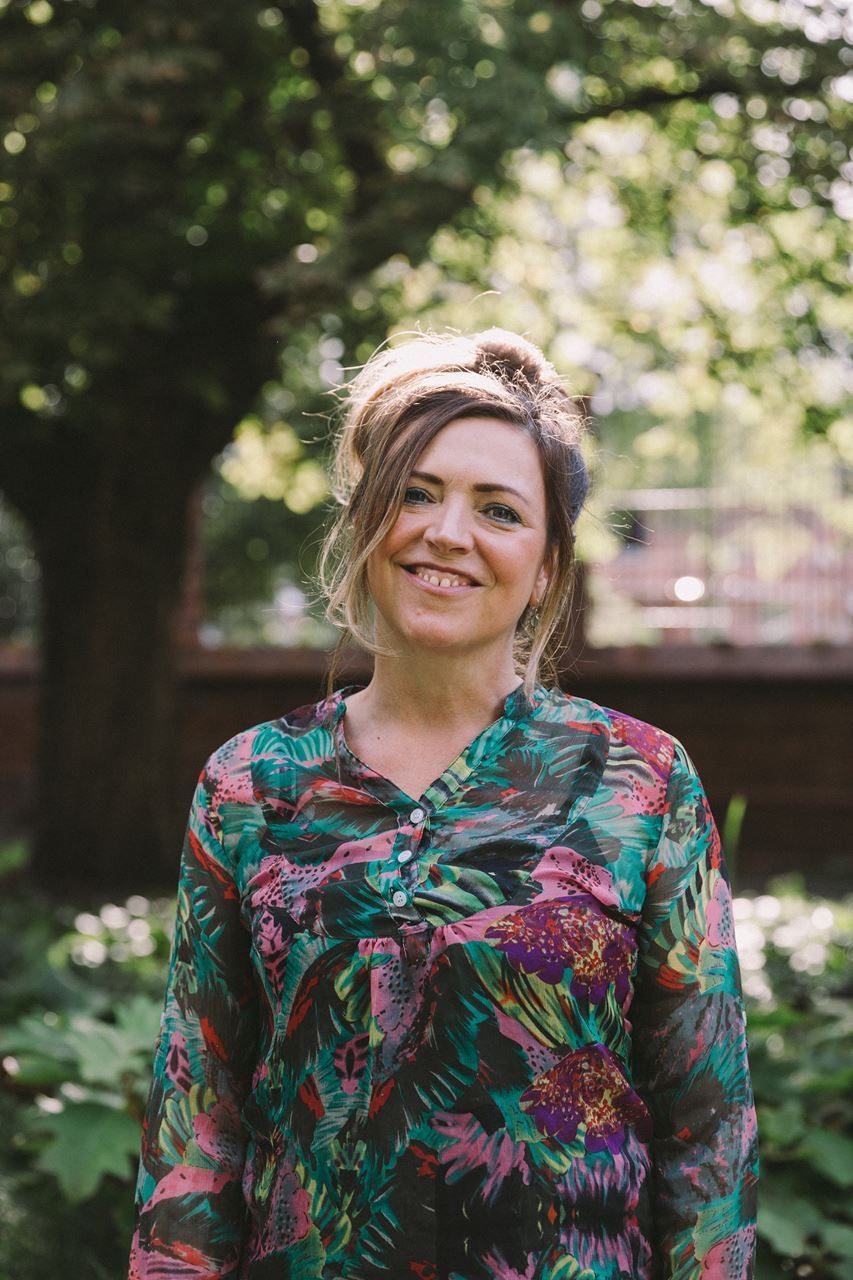
Robbyn Layne McGill - From freelance producer to experimental filmmaker, to associate professor for a transformative arts program—Robbyn Layne McGill forged her messy, magical, art-making career path by chasing her passions, wandering wildly, and kissing her muse. She holds a Master of Fine Arts degree in New Practices (painting and cinema) from San Francisco State University (2006), a Master of Arts degree in Transpersonal Psychology from John F. Kennedy University (2013), and a Bachelor of Science degree in Journalism from the University of Kansas (1993). She currently lives in Amsterdam with her British boyfriend and Dutch cat and works as a writer/editor.• a few old magazines (4-6 is ideal)
• a glue stick (regular glue, paste, or even tape in a pinch)
• several sheets of A4 or 8.5 x 11 paper (or anything on hand)• a pair of scissors (or rip with your hands)
• pen, pencil, and something to write on.
Session Series #2
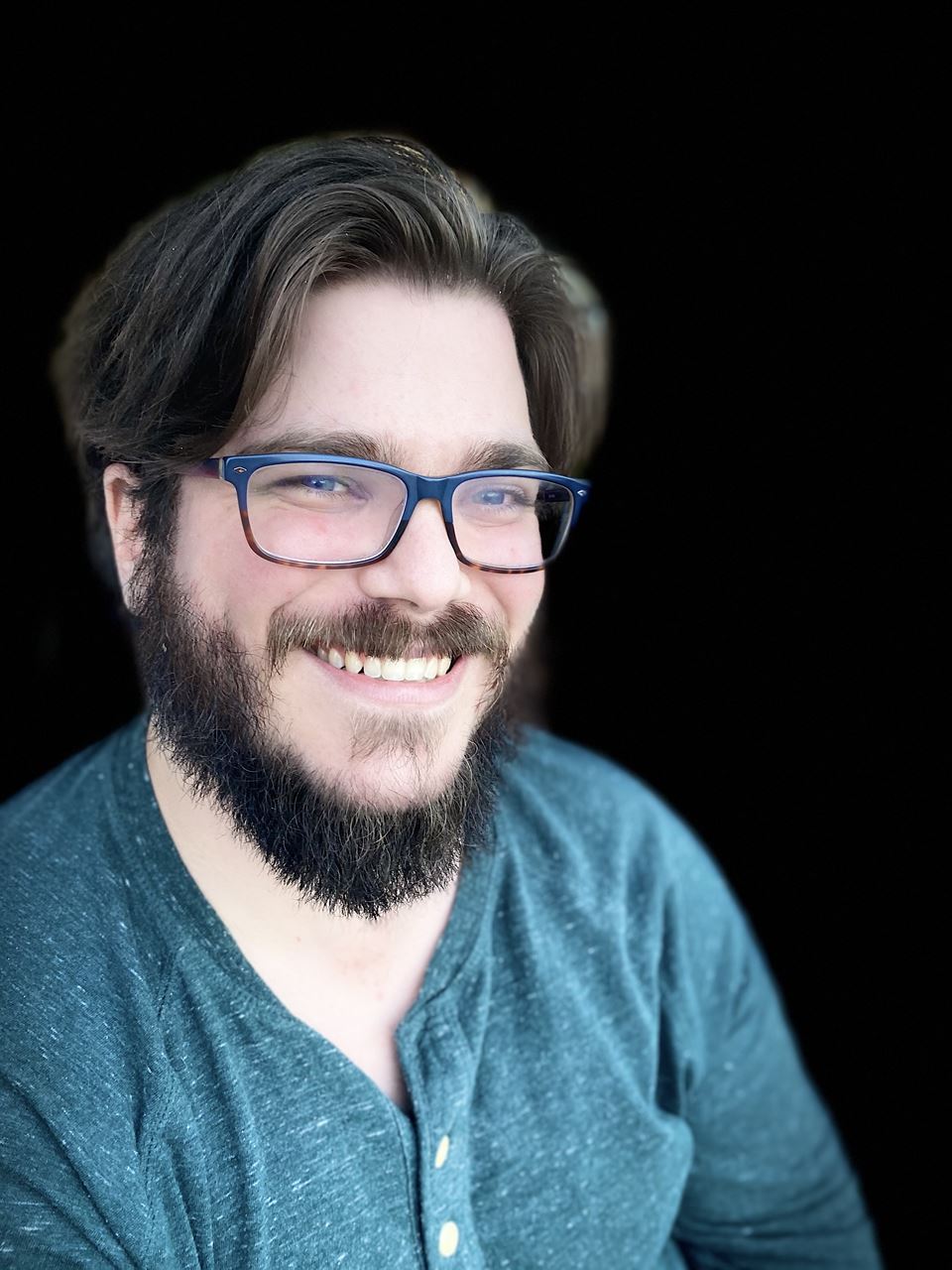 2A. Storyteller as Cartographer: Mapping the Imagination. "Over the river and through the woods," say the directions in Red Riding Hood. How can we map this? In this interactive workshop, participants will draw maps imagined from the stories we tell, even when those places only exist in memory and imagination. We will explore how our uses of language give a sense of orientation and direction to our movements in space, and how specific stories transform open "space" into the rich details of "place." We will also consider how such mapping practices fit into a larger framework of TLA, ecology, and sacred stories.
2A. Storyteller as Cartographer: Mapping the Imagination. "Over the river and through the woods," say the directions in Red Riding Hood. How can we map this? In this interactive workshop, participants will draw maps imagined from the stories we tell, even when those places only exist in memory and imagination. We will explore how our uses of language give a sense of orientation and direction to our movements in space, and how specific stories transform open "space" into the rich details of "place." We will also consider how such mapping practices fit into a larger framework of TLA, ecology, and sacred stories.
Caleb Winebrenner is a storyteller and geographer based in Syracuse, NY (on ancestral Haudenosaunee lands). As a storyteller, his work aims to draw out the collective wisdom of everyone present and build community through shared experiences of imaginative folklore and oral history. As a geographer, his work is focused on protecting forests, advocating for indigenous land rights, and mapping local histories. He believes in maps and stories as tools for participatory change and social good. He holds an MA in Educational Theatre and is pursuing an MS in Geographic Information Science, where he will defend his thesis on historical mapping in December 2021.
2B. Intuition is Your Superpower: Reclaiming Your Wisdom Through Writing. Although we’re conditioned to look outward—deferring to “the experts” and discounting our own experiences—writing is a powerful way to reclaim our own inner-expert, the part of us who always knows what to do. The more we write, the more our inner wisdom emerges. During this workshop, you will be introduced to the science of intuition and the magic that happens when we use writing as a tool for self-inquiry. Bring a problem to solve or a question to answer—and you will find it in yourself! Your intuition is your superpower and you activate it when you write.
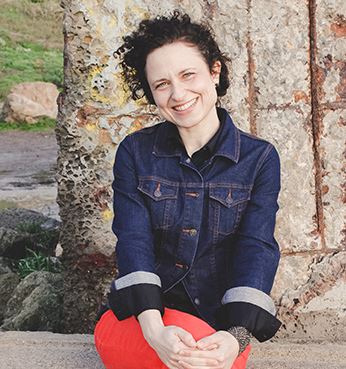 Elizabeth Perlman is the founder and Executive Director of The Intuitive Writing Project, a writing-based empowerment program for teenage girls and gender-expansive youth. She created this organization because it was what she wanted and needed when she was a teen: a safe place to find her voice, speak her truth and have it heard. Elizabeth believes in the power of writing to access our own intuitive wisdom. She has Masters in Transformative Arts and is a certified Group Leader in The Amherst Writing Method. She lives in her favorite city, Oakland, California, where she loves to run, rollerskate and write!
Elizabeth Perlman is the founder and Executive Director of The Intuitive Writing Project, a writing-based empowerment program for teenage girls and gender-expansive youth. She created this organization because it was what she wanted and needed when she was a teen: a safe place to find her voice, speak her truth and have it heard. Elizabeth believes in the power of writing to access our own intuitive wisdom. She has Masters in Transformative Arts and is a certified Group Leader in The Amherst Writing Method. She lives in her favorite city, Oakland, California, where she loves to run, rollerskate and write!
 2C. Writing Parenthood. In this generative workshop, we’ll mine our parenting experience for writing inspiration, while celebrating and honoring the integral role we play in the lives of others. Our time together will include imaginative prompts, short readings, journaling, and other expressive arts activities that will serve as catalysts for creativity. In addition to learning about fresh perspectives and new approaches for developing material on this rich topic, participants will have the optional opportunity to share work and receive encouraging feedback. Join us for the opportunity to engage in community with other parent-writers during this motivating session that will illustrate how parenthood can be a muse for creative writing!
2C. Writing Parenthood. In this generative workshop, we’ll mine our parenting experience for writing inspiration, while celebrating and honoring the integral role we play in the lives of others. Our time together will include imaginative prompts, short readings, journaling, and other expressive arts activities that will serve as catalysts for creativity. In addition to learning about fresh perspectives and new approaches for developing material on this rich topic, participants will have the optional opportunity to share work and receive encouraging feedback. Join us for the opportunity to engage in community with other parent-writers during this motivating session that will illustrate how parenthood can be a muse for creative writing!
To participate in this workshop, kindly plan to have the following items on hand!
-A photo of a child or other person you have parented or nurtured
-An object of any sort related to parenting
-A 5x8-inch (approximately) piece of cardboard or card-stock paper
-Several magazines with images of people, animals, and landscapes/backgrounds
-Scissors
-Glue stick
-Pen & paper
Kimberly Lee left the practice of law some years ago to focus on motherhood, community work, and creative pursuits. A graduate of Stanford University and UC Davis School of Law, she is currently an editor and contributor at Literary Mama. Kimberly holds certifications as a workshop facilitator from Amherst Writers and Artists and SoulCollage®️, and her stories and essays have appeared in Minerva Rising, LA Parent, Fresh Ink, Words and Whispers, The Sun, Toyon, The Ekphrastic Review, and the anthology I Am Woman: Experiences of Black Womanhood in America, amongst others. Kimberly lives in Southern California with her husband and three children.
2D. Writing Beyond Borders! Processing Social Commitments, Racial Justices and Community Wellbeing in a Pandemic. In this workshop, participants will engage in a series of perspective-taking writing exercises focused on lived experiences, health and wellness, diversity and community to create identity narratives. Reflective writing will provide opportunities to give language and expression to insights gained, and to build connections within the context of the workshop group and with home communities. As an outgrowth of the workshop, participants will feel empowered to act as social justice-oriented change agents, especially with regard to promoting wellness and health. Through prompts, guided activities and multi-modal writing connections, the workshop aims to deepen participants' understanding of community and shared humanity.
 Dr. Jen Hartmark-Hill is a Mayo Clinic-trained Family Medicine Physician and Director of the Narrative Medicine & Health Humanities Program (NMHH) at the University of Arizona College of Medicine-Phoenix.
Dr. Jen Hartmark-Hill is a Mayo Clinic-trained Family Medicine Physician and Director of the Narrative Medicine & Health Humanities Program (NMHH) at the University of Arizona College of Medicine-Phoenix.
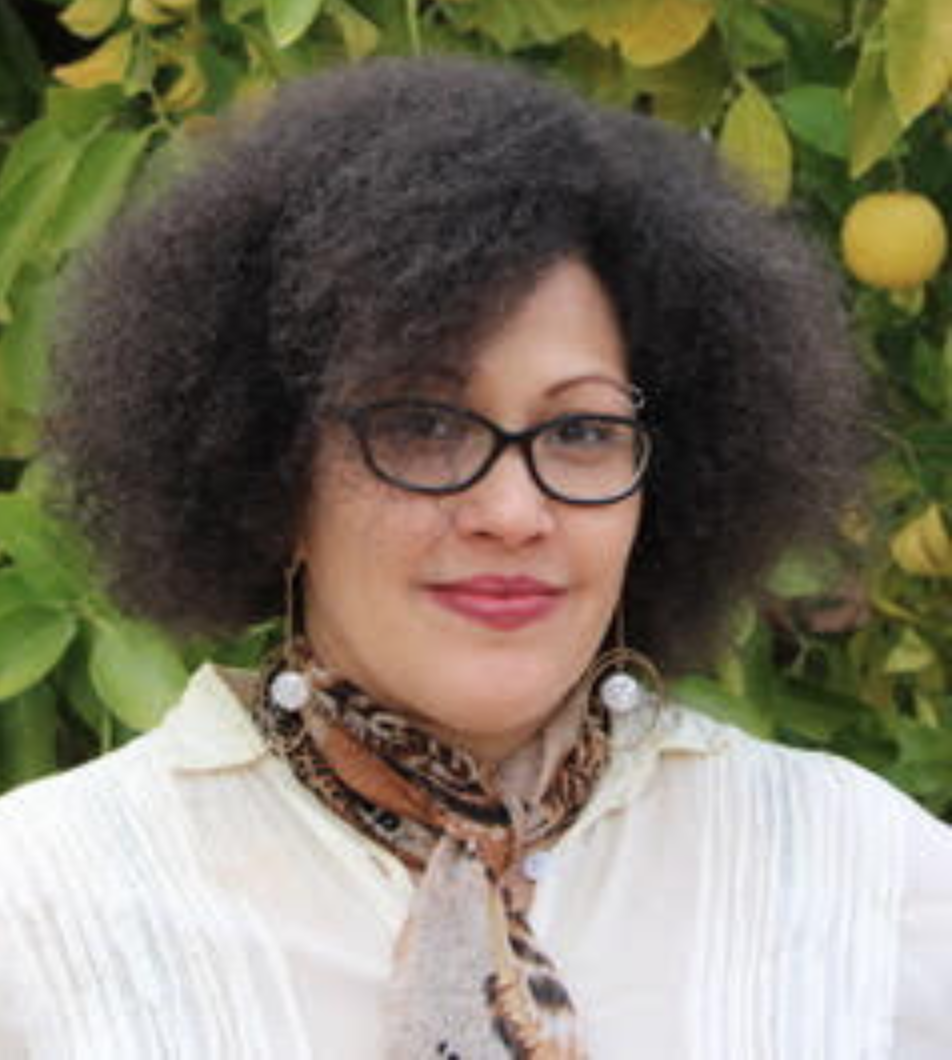 Dr. Stephanie Troutman Robbins holds a dual PhD in Curriculum & Instruction and Women’s Studies from Pennsylvania State University. She is the Department Head of Gender & Women’s Studies at the University of Arizona and a co-author of the 2018 book, Narratives of Family Assets, Community Gifts, & Cultural Endowments: Re-Imagining the Invisible Knapsack (Lexington Press).
Dr. Stephanie Troutman Robbins holds a dual PhD in Curriculum & Instruction and Women’s Studies from Pennsylvania State University. She is the Department Head of Gender & Women’s Studies at the University of Arizona and a co-author of the 2018 book, Narratives of Family Assets, Community Gifts, & Cultural Endowments: Re-Imagining the Invisible Knapsack (Lexington Press).
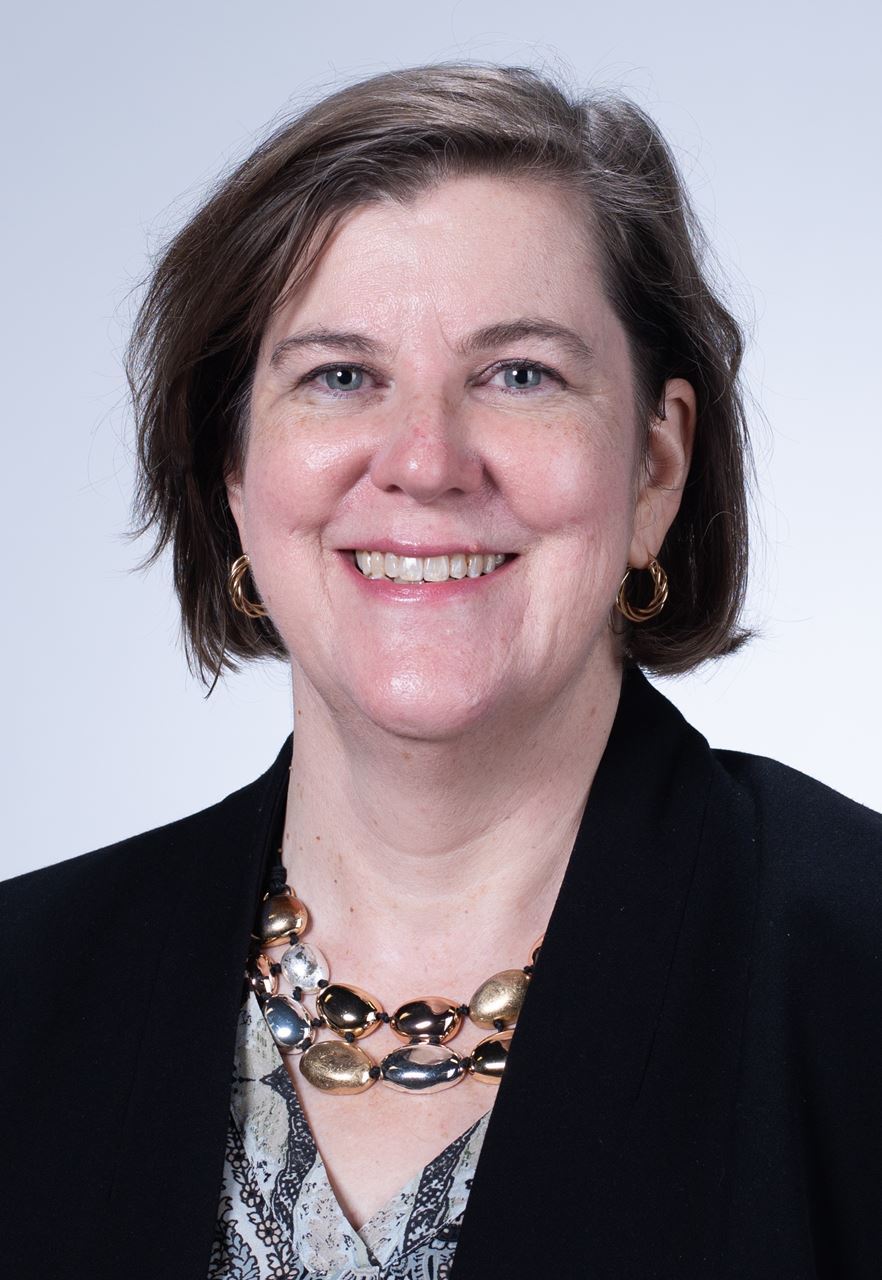 Dr. Lizanne Fehsenfeld, Co-director of NMHH, has a Doctorate in Medical Humanities from Drew University.
Dr. Lizanne Fehsenfeld, Co-director of NMHH, has a Doctorate in Medical Humanities from Drew University.
2E. A Virtual Greenhouse--Cultivating, Nurturing, and Sustaining Creative Growth through Literary Friendship. Well before the pandemic began, three friends from the TLAN community created a literary friendship using virtual technology. Liz Burke, Diane Glass, and Rachel Gabriel shared a passion for poetry and a desire to support one another’s writing. Through monthly meetings, they cultivated, nurtured, and sustained a welcoming environment for producing and revising their poetry. Join them and moderator, Kelly DuMar, for a dynamic conversation and Q + A about how to develop a creative community online. The poets will also share work developed in this small group, and their individual experiences with revision. Gain practical advice and inspiration to grow your writing life with other practitioners of TLA.
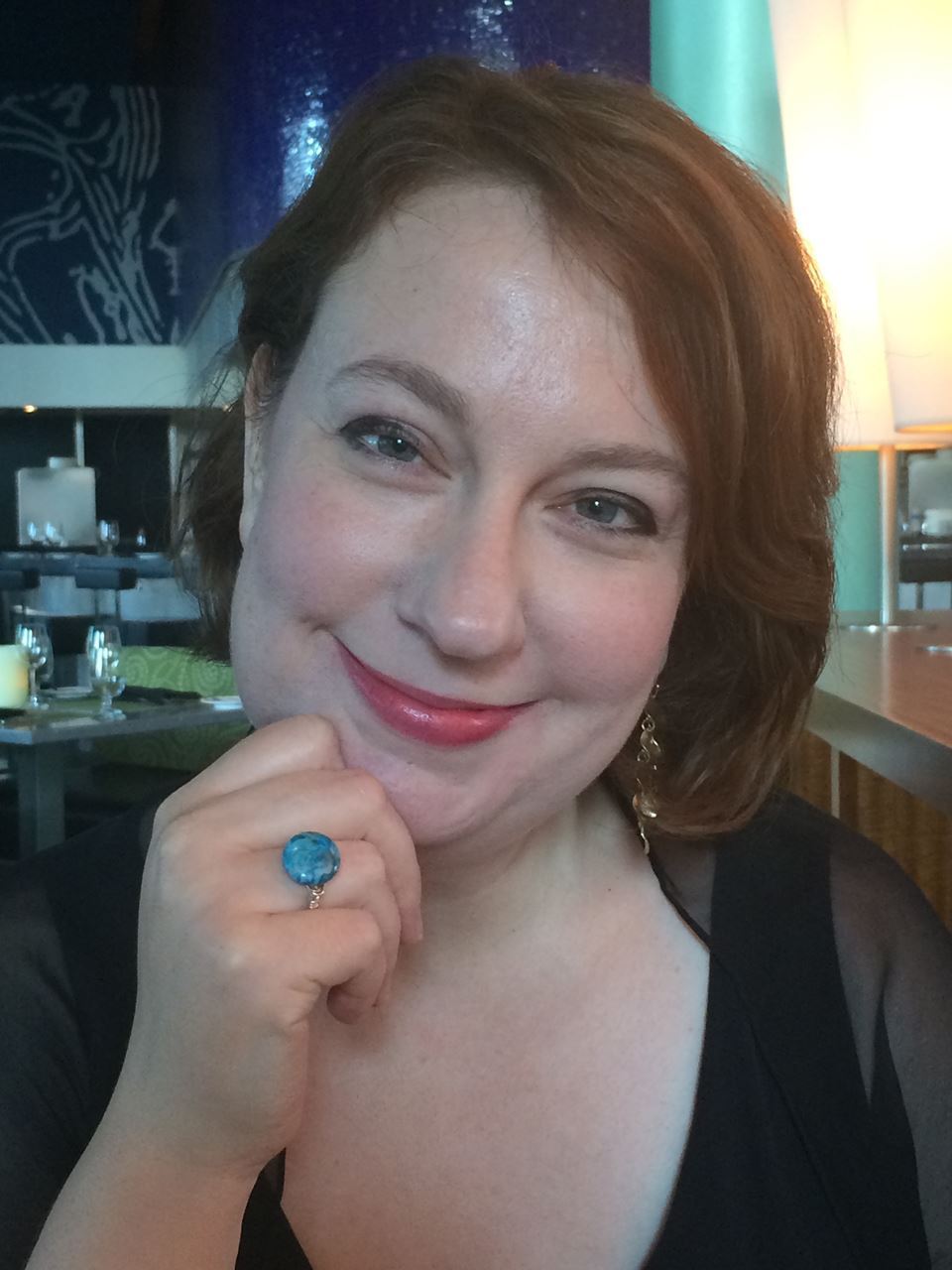 Rachel Gabriel is a multi-disciplinary artist in word, image, and song. Her work as a writer and teaching artist have been honored by The Loft Literary Center where she’s shared a passion for creative writing and literature with youth and adults since 2007. She was awarded a residency at The Ragdale Foundation for her novel in-progress, and has published prose and poetry in several anthologies.
Rachel Gabriel is a multi-disciplinary artist in word, image, and song. Her work as a writer and teaching artist have been honored by The Loft Literary Center where she’s shared a passion for creative writing and literature with youth and adults since 2007. She was awarded a residency at The Ragdale Foundation for her novel in-progress, and has published prose and poetry in several anthologies.
In her creative work, Ms. Gabriel explores topics such as spirituality, gender equality, and phenology. Her outreach and consulting work includes facilitating creative process and development workshops for intergenerational groups or private clients. She is an apprentice in book arts and bibliotherapy, and continues to develop curricula which weaves together creative expression with spiritual wellness. She lives in Minneapolis, Minnesota with her husband, son, and daughter. In her opinion, a perfect day includes a walk in Paris, painting by Lake Superior, and dancing in the kitchen.
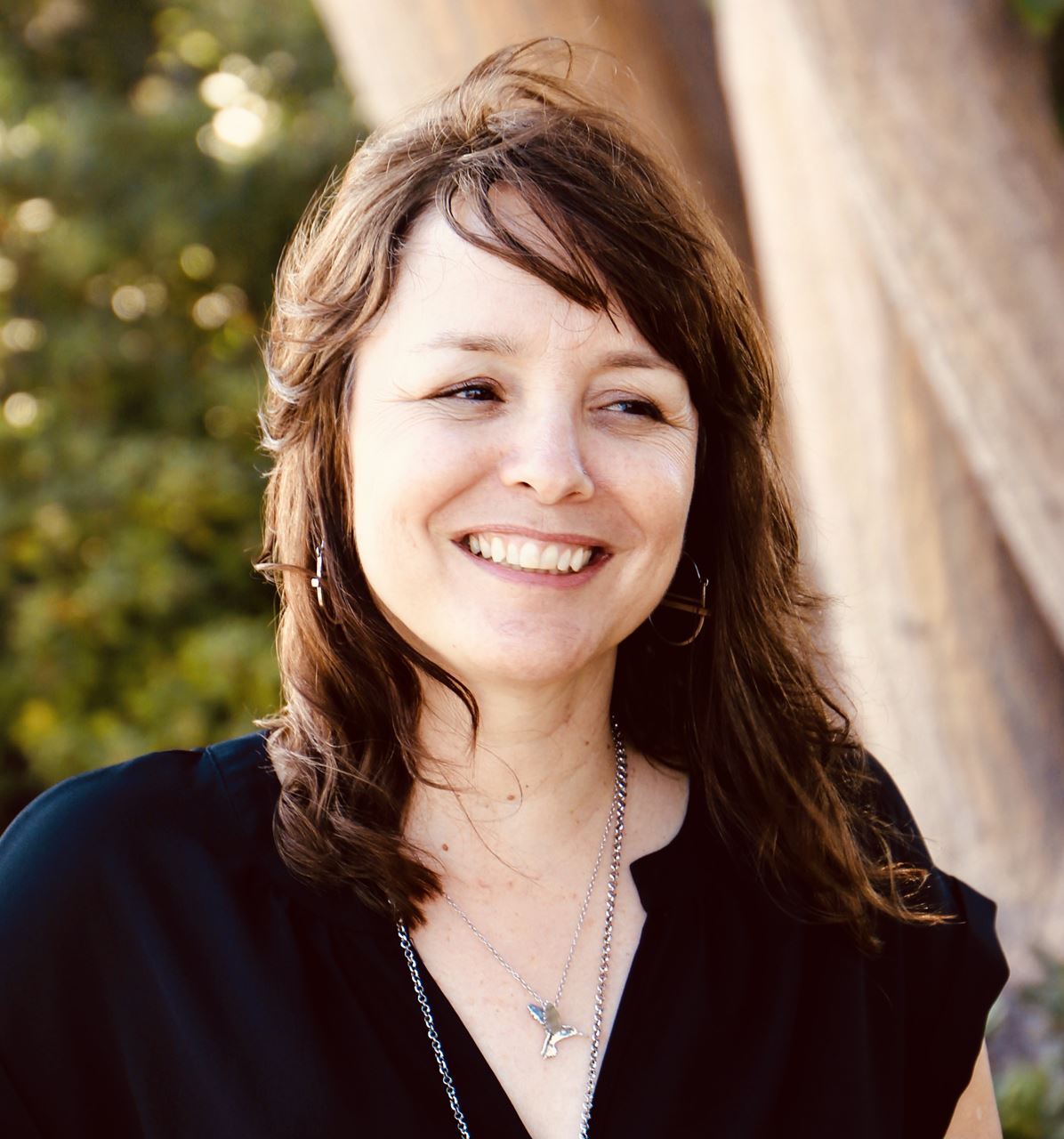 Liz Burke, EdD, is a poet, interdisciplinary educator, and writing coach passionate about narrative and arts-based approaches to personal and social transformation. She works with adult students, working-class identified groups, university faculty, LGBTQIA+ communities, women living with the aftermath of sexual assault and harassment, feminist activists, and poets/writers of all kinds. She serves as the TLA Network's Board Chair.
Liz Burke, EdD, is a poet, interdisciplinary educator, and writing coach passionate about narrative and arts-based approaches to personal and social transformation. She works with adult students, working-class identified groups, university faculty, LGBTQIA+ communities, women living with the aftermath of sexual assault and harassment, feminist activists, and poets/writers of all kinds. She serves as the TLA Network's Board Chair.
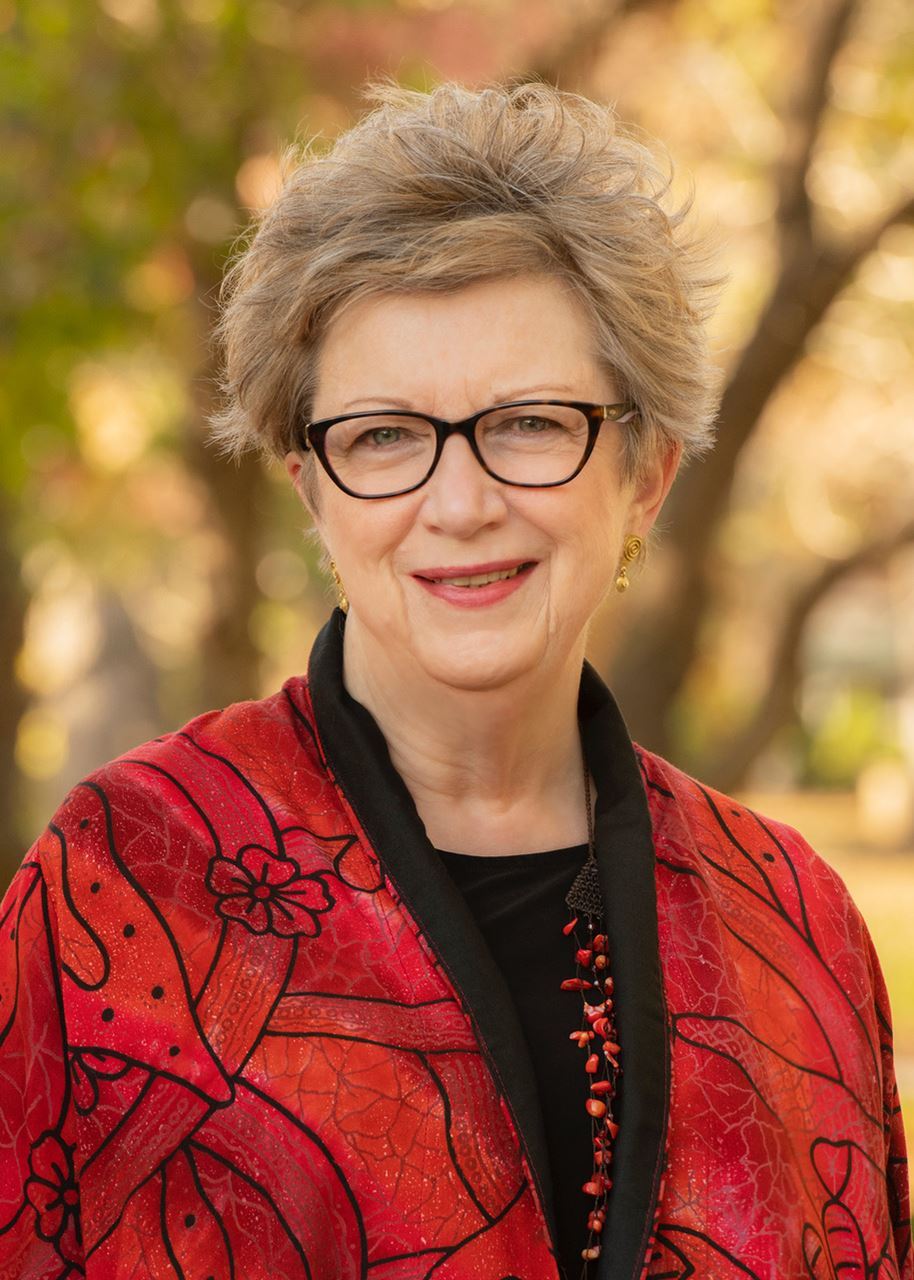
Diane Glass loves reading poetry, and during a Right Livelihood Professional Training offered by TLAN founder Caryn Mirriam-Goldberg and Laura Packer, she discovered how much she loves writing it.
RLPT’s encouragement and that of her two poetry partners, Liz and Rachel, has resulted in a poetry book released this month, The Heart Hungers for Wildness, available on Amazon and Barnes & Noble. Diane published a memoir as well, This Need to Dance, her story of growing up with spina bifida. Diane completed the TLA certificate and considers this organization her tribe. www.dianeeglass.com.
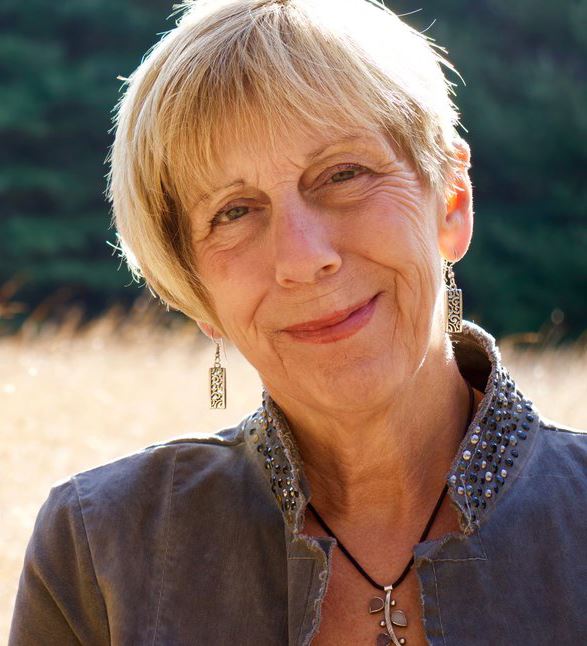
Kelly DuMar is a poet, playwright and workshop facilitator from the Boston area. Author of three poetry collections: girl in tree bark, Tree of the Apple, and All These Cures, Kelly’s writing and photos are published in Bellevue Literary Review, Tupelo Quarterly, Flock Lit, Glassworks and more. She facilitates writing workshops/webinars and a variety of programs for writers in all genres, in the US and beyond. Kelly teaches How Pictures Heal and Your Memoir as Monologue regularly at TCAN. She is a Fellow in the American Society for Group Psychotherapy & Psychodrama and a Certified Psychodramatist. You can read her daily blog, #NewThisDay, at kellydumar.com/blog.
 2F. Plants, Painting, and Poetry: Community building with YouTube. Plants, Painting, and Poetry combines YouTube tutorials, artist studio visits, and poetry prompts to build a community that focuses on ecological awareness and action. We also offer a free monthly zoom workshop. Through inquiry and conversation, we strive to generate work that grows with and for the planet. This presentation will look at how social media, art, and writing can be used to increase ecological awareness. You can learn more on YouTube.
2F. Plants, Painting, and Poetry: Community building with YouTube. Plants, Painting, and Poetry combines YouTube tutorials, artist studio visits, and poetry prompts to build a community that focuses on ecological awareness and action. We also offer a free monthly zoom workshop. Through inquiry and conversation, we strive to generate work that grows with and for the planet. This presentation will look at how social media, art, and writing can be used to increase ecological awareness. You can learn more on YouTube.
Nicelle Davis is a California poet, collaborator, and performance artist who walks the desert with her son J.J. in search of owl pellets and rattlesnake skins. Her poetry collections include The Walled Wife (Red Hen Press, 2016), In the Circus of You (Rose Metal Press, 2015), Becoming Judas (Red Hen Press, 2013), and Circe (Lowbrow Press, 2011). Her poetry film collaborations with Cheryl Gross have been shown across the world. She has taught poetry at Youth for Positive Change, MHA, Volunteers of America in their Homeless Youth Center, and with Red Hen’s WITS program.
Saturday Afternoon Keynote - Javier Zamora
Session Series #3
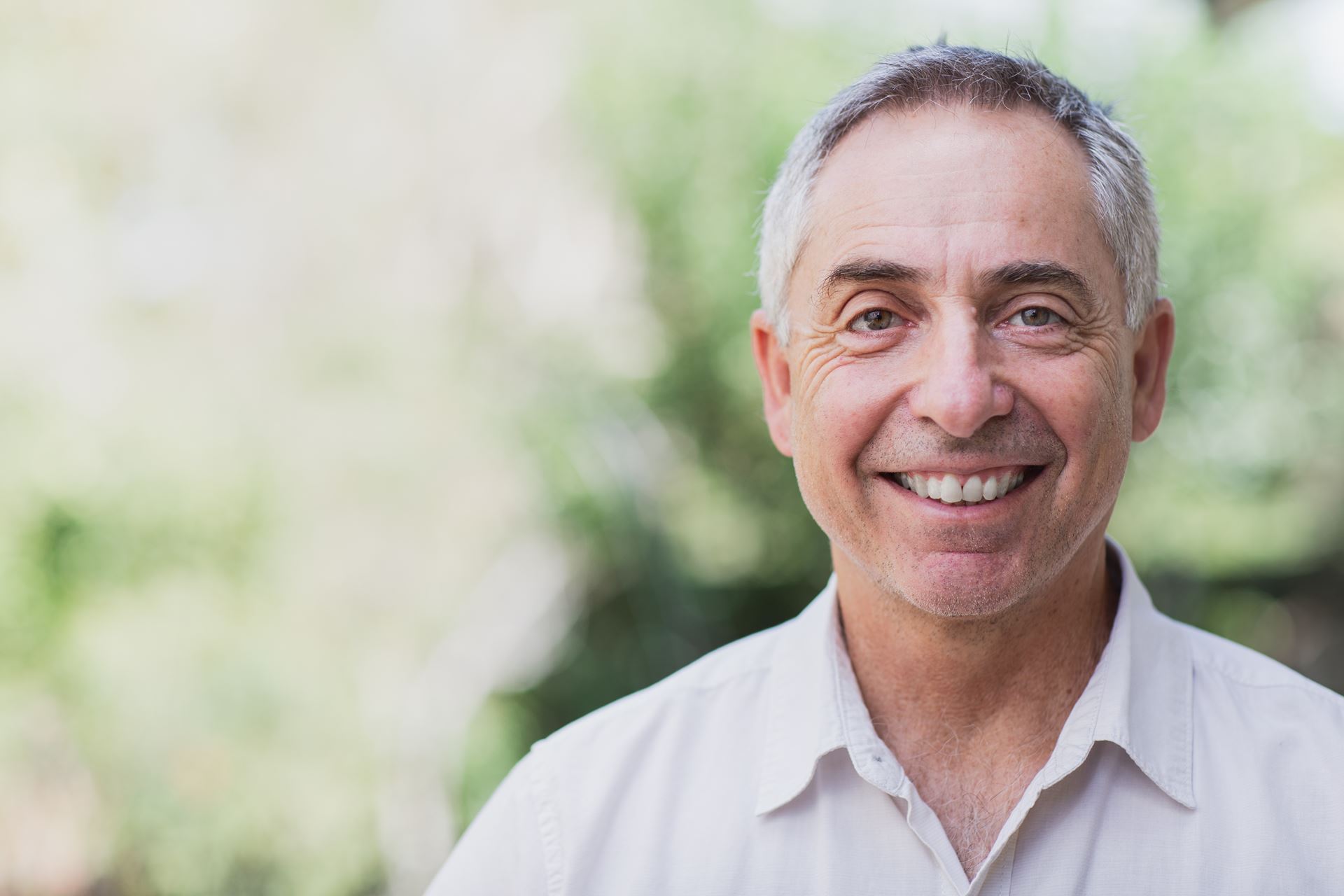 3A. Metaphor Magic: Transforming Challenging Emotions into Creative Radiance. This fun, experiential workshop will offer participants the opportunity to reflect on the emotional content of interactions between clients and health practitioners from the perspective of both people and to then use these emotions as a stimulus for a creative process.
3A. Metaphor Magic: Transforming Challenging Emotions into Creative Radiance. This fun, experiential workshop will offer participants the opportunity to reflect on the emotional content of interactions between clients and health practitioners from the perspective of both people and to then use these emotions as a stimulus for a creative process.
Short, structured writing activities based on photographs will be shared. Participants will be guided on a journey which commences with the identification of possible emotions of the people in the photos and then the transformation of these emotions into a collaboratively written poem.
Dr. Hilton Koppe is a family doctor in Lennox Head, a small village on the east coast of Australia. Hilton combines his clinical work with an active role in medical education. Since 2003, Hilton has been running creative writing workshops for doctors and other health professionals with the goal of deepening their compassion, overcoming professional isolation and reducing risk of burn out. Hilton’s writing can be found in Dreamers Creative, Please See Me, Hektoen International, Pulse, The Examined Life, Chrysalis, Grieve, The Universal Doctor and More Voices. His play, Enduring Witness, has been performed in USA and Australia.
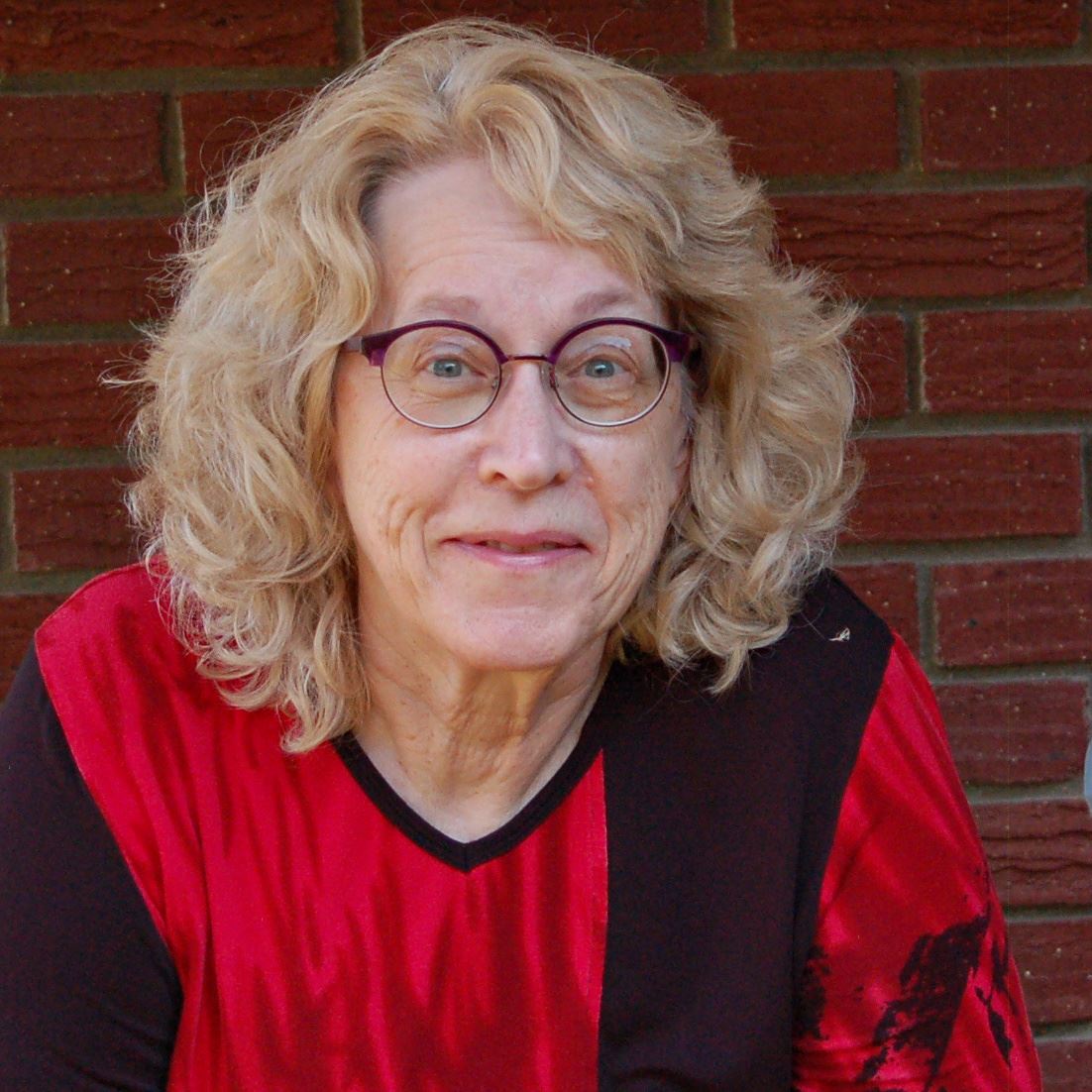 3B. The Shortest Distance Between Two People is a Story. Our stories reflect and reveal us: who we are, where we come from, what we believe. They codify important and complex information: warn us of dangerous shoals, tell us where the fishing is good and what to do when we're blown off-course. When we change the story, we change ourselves—and, perhaps, the world. But first, we have to know the story. In this interactive workshop, we’ll explore the stories that form our identity, experimenting with re-interpreting, reframing, and changing them to discover surprising insights and compelling connections.
3B. The Shortest Distance Between Two People is a Story. Our stories reflect and reveal us: who we are, where we come from, what we believe. They codify important and complex information: warn us of dangerous shoals, tell us where the fishing is good and what to do when we're blown off-course. When we change the story, we change ourselves—and, perhaps, the world. But first, we have to know the story. In this interactive workshop, we’ll explore the stories that form our identity, experimenting with re-interpreting, reframing, and changing them to discover surprising insights and compelling connections.
Judy Fort Brenneman, owner of Greenfire Creative and Skysinger Press, helps people, agencies, and organizations tell their stories. She’s a popular writing workshop and retreat leader; a long-time writing coach with expertise in working with writers who have interesting neurologies; and an award-winning author and playwright, storyteller, and occasional poet. Her works include Electric Lemons: Interpretation and the Art of Writing; the Sustaining Creativity chapbook series; Small Signs of Hope (a pandemic project); and the play, Dracula and The Writing Coach. Her short works have appeared in everything from literary magazines to wayside signs and museum exhibits.
 3C. Not Quite: Asian Americans and the "Other" in the Era of the Pandemic and the Uprising. In this performance, Dr. Cheng uses the term "not quite" to explore several major themes: the meanings of home(land), racial profiling and the construction of the perpetual foreigner, and anti-Asian racism under the pandemic. She intends this performance to be an artistic intervention and an intellectual engagement with current debates on identity, intersectionality, and Asian American experiences. The performance itself is 45 minutes, followed by an audience talkback and discussion.
3C. Not Quite: Asian Americans and the "Other" in the Era of the Pandemic and the Uprising. In this performance, Dr. Cheng uses the term "not quite" to explore several major themes: the meanings of home(land), racial profiling and the construction of the perpetual foreigner, and anti-Asian racism under the pandemic. She intends this performance to be an artistic intervention and an intellectual engagement with current debates on identity, intersectionality, and Asian American experiences. The performance itself is 45 minutes, followed by an audience talkback and discussion.
Ada Cheng is a professor-turned-storyteller, solo performer, and show producer. She is the producer and the host of four storytelling shows, including Pour One Out, Am I Man Enough?, Talk Stories: An Asian American/Asian Diaspora Storytelling Show, and Speaking Truths Series. She creates platforms for people to tell difficult and vulnerable stories as well as spaces for people and communities who may not have opportunities otherwise. She does training and outreach on gender-based violence for Women’s Leadership and Resource Center at UIC. Her interests span academia, performance art, and advocacy. Her motto: Make your life the best story you tell.
3D. Envisioning for Justice. We will reflect on the essence of our individual and collective histories using the principle of Sankofa, to retrieve the essence of our history, while imagining a new world rooted in justice while aligning our artistic and community practices along the way.
Through a series of writing and creative prompts, we will dig deeper into individual and collective imaginations to imagine a just world for future generations.
Envisioning for Justice holds space to create a deeper vision of one's artistic and community practices, both professionally and personally. Our themes are self care, justice, liberation, grassroots community building, and rooted and centered proactive artistic practice.
Vynetta A. Morrow is an historian, curriculum designer, teaching artist, storyteller, and visionary strategist who spends time reading, writing, and imagining a liberated world through Visioning w/Vy: A Virtual Experience through Sankofa Insights. Vynetta holds spaces to Shift the Center of the Narrative and find what fortifies the roots of the Tree of Social Injustice. Vynetta completed the Urban Bush Women Summer Leadership Institute in 2014 and the Intercultural Leadership Institute in 2019. Currently, Vynetta is a member of the Regional Arts Commission of St. Louis Community Arts Training Institute Alumni Advisory Committee, the Science Museum of Minnesota STEM-Racial Justice Regional Advisory Committee, and the Creative Community Leadership Institute 2021.
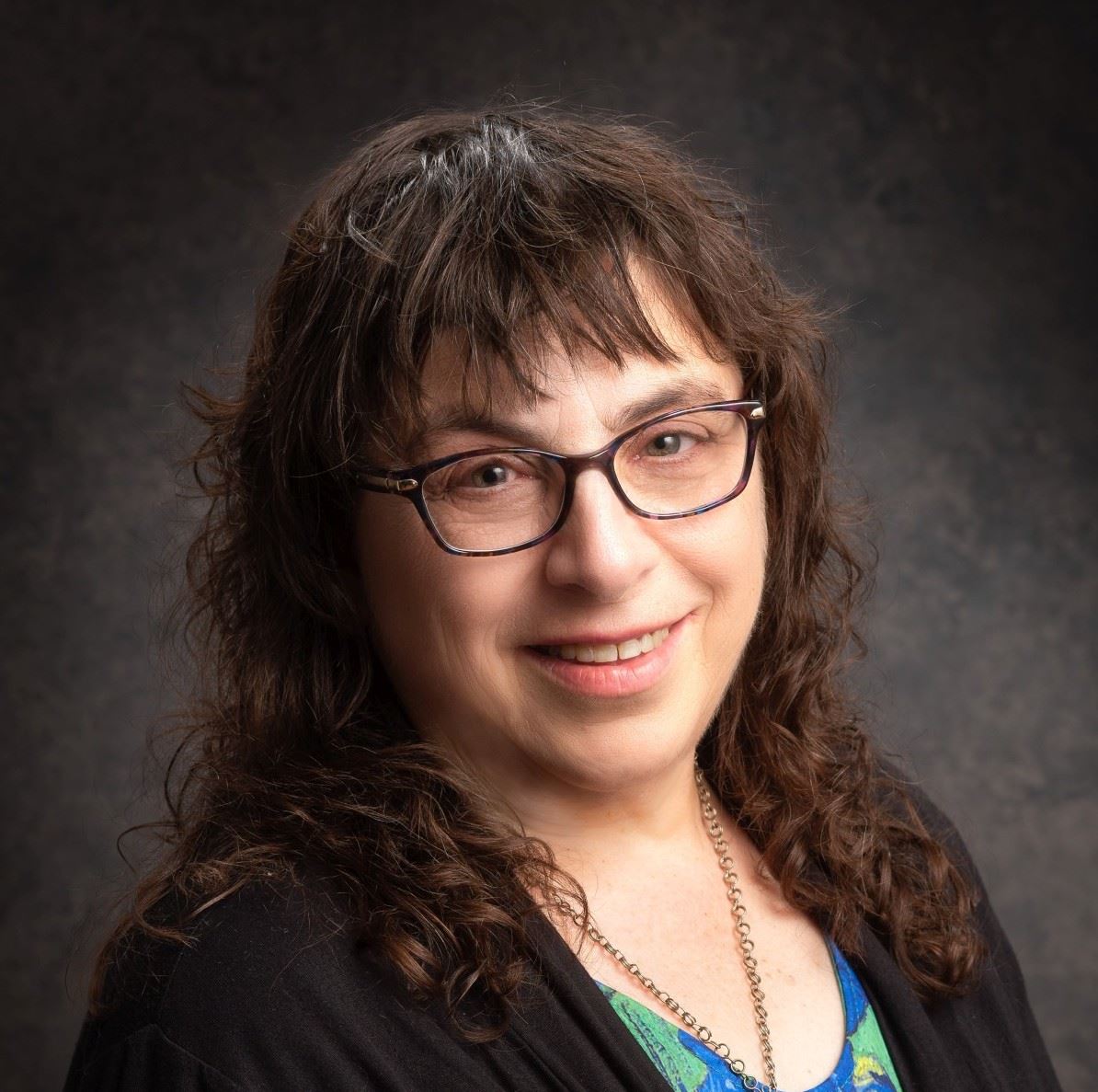
3E. Building Your House of Right Livelihood. Making a living through Transformative Language Arts entails building a house of Right Livelihood (meaningful work), planning a structure with enough shelter, then building welcoming spaces to interact with community, converse with callings, and facilitate voice and vision. We’ll write about and map out the house of livelihood we’re building or have already built with an eye toward creating soulful and fulfilling work, art, and service. Whether you’re employed by an organization or business, or freelancing it, this workshop will provide you new ways to see your work and life. An ample handout of resources and tools is included.
Caryn Mirriam-Goldberg, Ph.D., the 2009-13 Kansas Poet Laureate is the founder of Transformative Language Arts, and the author or editor of 24 books, including How Time Moves: New & Selected Poems; Miriam's Well, a novel; Needle in the Bone, a non-fiction book on the Holocaust; and The Sky Begins At Your Feet: A Memoir on Cancer, Community, and Coming Home to the Body. She leads writing workshops widely, coaches people on writing and right livelihood, and consults on creativity. With Kathryn Lorenzen, she offers Your Right Livelihood, a training in the work that calls us. See more at carynmirriamgoldberg.com and yourrightlivelihood.com.
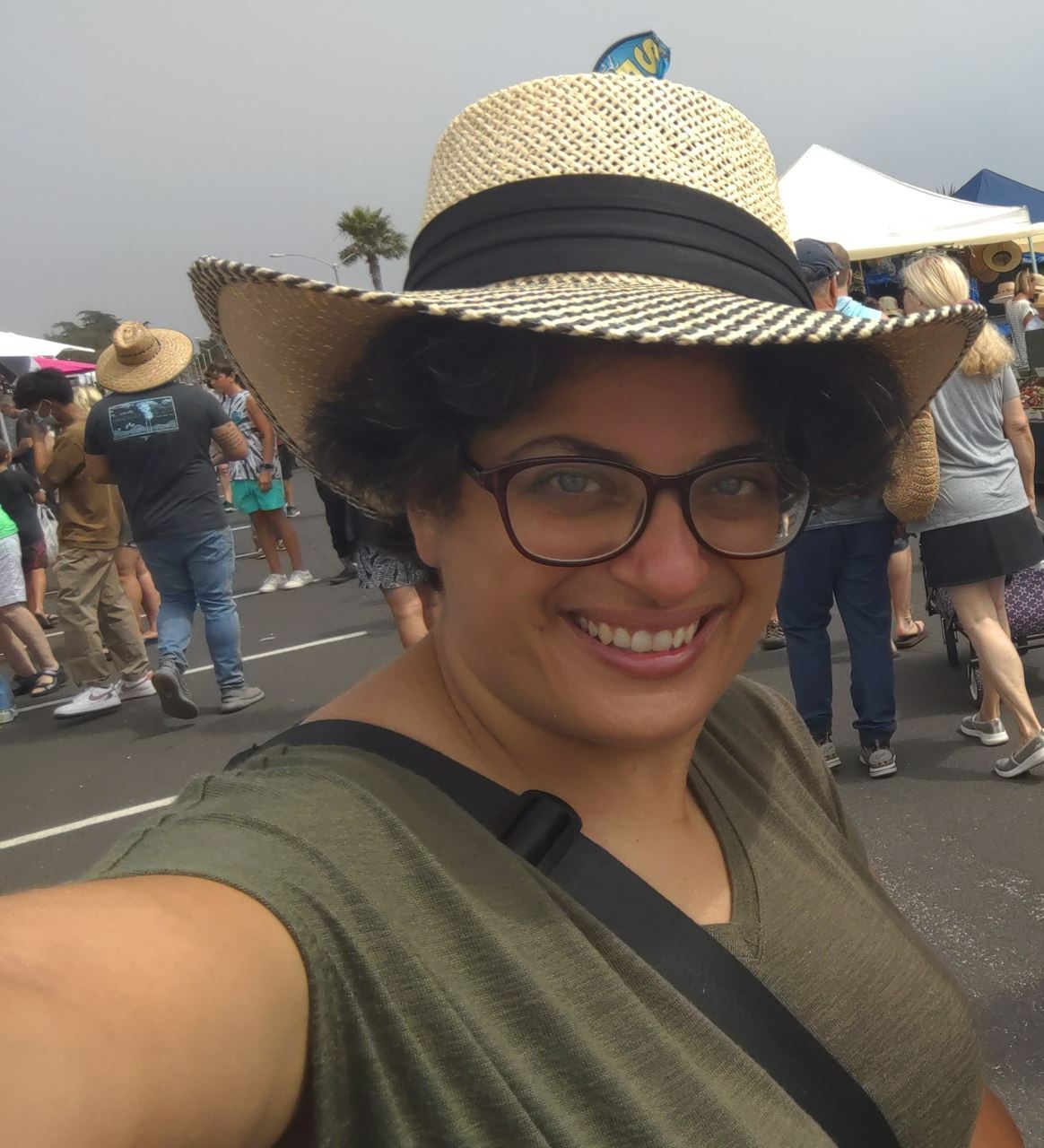 3F. Qiqong or Energy Cultivation. In this session, we will learn to clear the body from stagnant and burdening emotions by allowing our life source to free our organs through light and breath visualization. We will also learn to cultivate our energy with breath work and meditation.
3F. Qiqong or Energy Cultivation. In this session, we will learn to clear the body from stagnant and burdening emotions by allowing our life source to free our organs through light and breath visualization. We will also learn to cultivate our energy with breath work and meditation.
Katia Aoun Hage is a poet, artist, publisher and a martial artist. In her journey to heal personal trauma, she has discovered the peace that is brought by being present in the moment with the help of Qiqong, or energy cultivation. Breathing coupled with movement allows a deep connection to the peace found at the core of everything. Katia Hage has learned Qiqong for cancer patients from Dr. Maoshing Ni and the eight brocades from Sifu Yang Lei. She has taught Qiqong at the conference for MBC by Komen virtually in October 2020.
Saturday Evening Keynote - Joy Harjo
Sunday, October 31st
Session Series #4
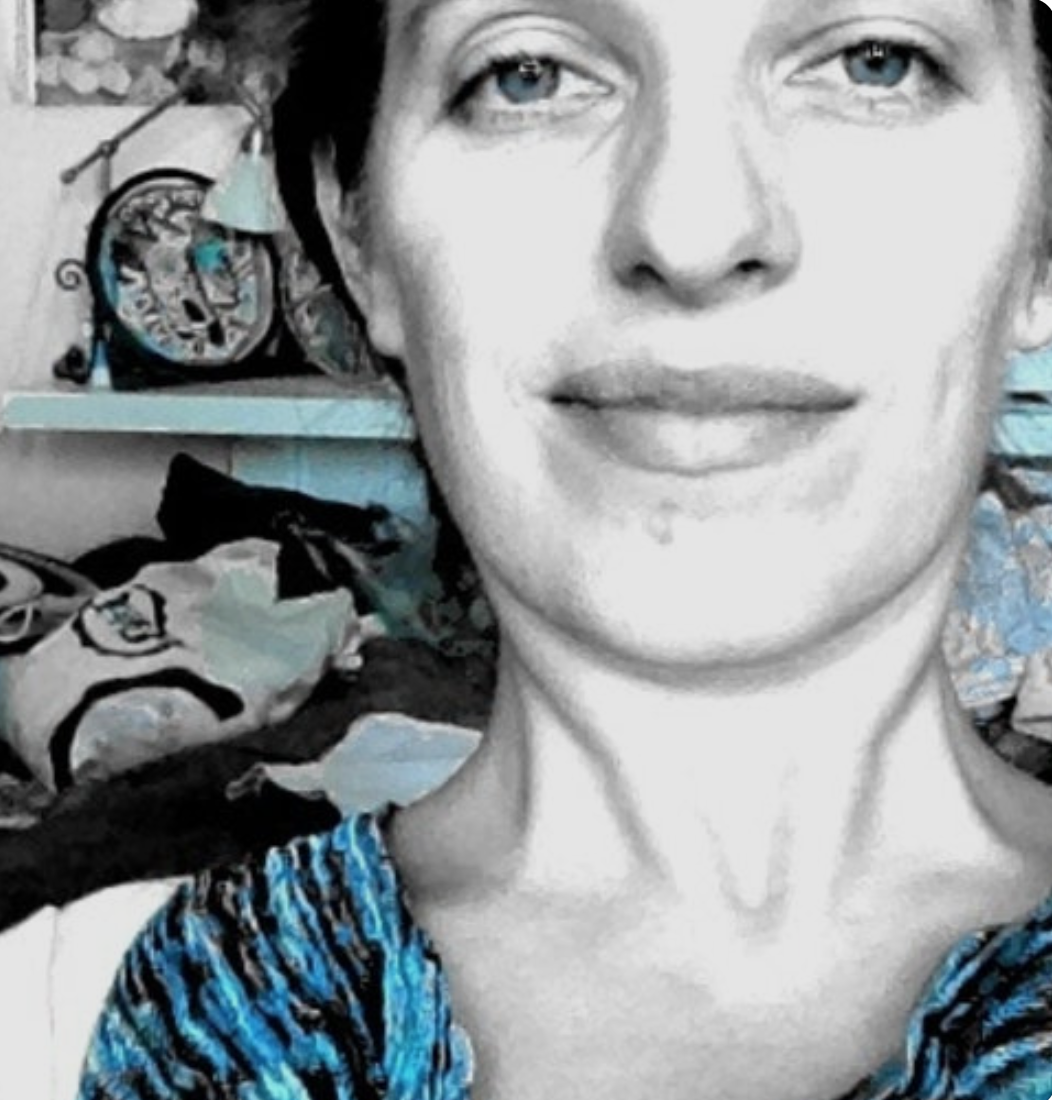 4A. Inside the Bones: Finding Words for What Cannot be Spoken. I am an expert on silence. On words held back, unspoken or unheard. Some words live at the tip of my tongue, others, stuck in the back of my throat, or swallowed, uncomfortable. And some are deeply buried, felt only as a faint sense of unease, a restless stirring in the body.
4A. Inside the Bones: Finding Words for What Cannot be Spoken. I am an expert on silence. On words held back, unspoken or unheard. Some words live at the tip of my tongue, others, stuck in the back of my throat, or swallowed, uncomfortable. And some are deeply buried, felt only as a faint sense of unease, a restless stirring in the body.
Dr. Nathalie Frickey is a Vienna-based art therapist, textile artist, recovering physician and long-time word geek. Fluent in three languages, she has always been aware of how language shapes thought and thus, reality. In her work with her clients she uses craft and language to reshape their inner world and sense of possibility. Her own journey as a trauma recoverer has helped her appreciate the gentleness and potency of language-based interventions. She is currently researching failure as a force of change and creating her own vision of right livelihood.
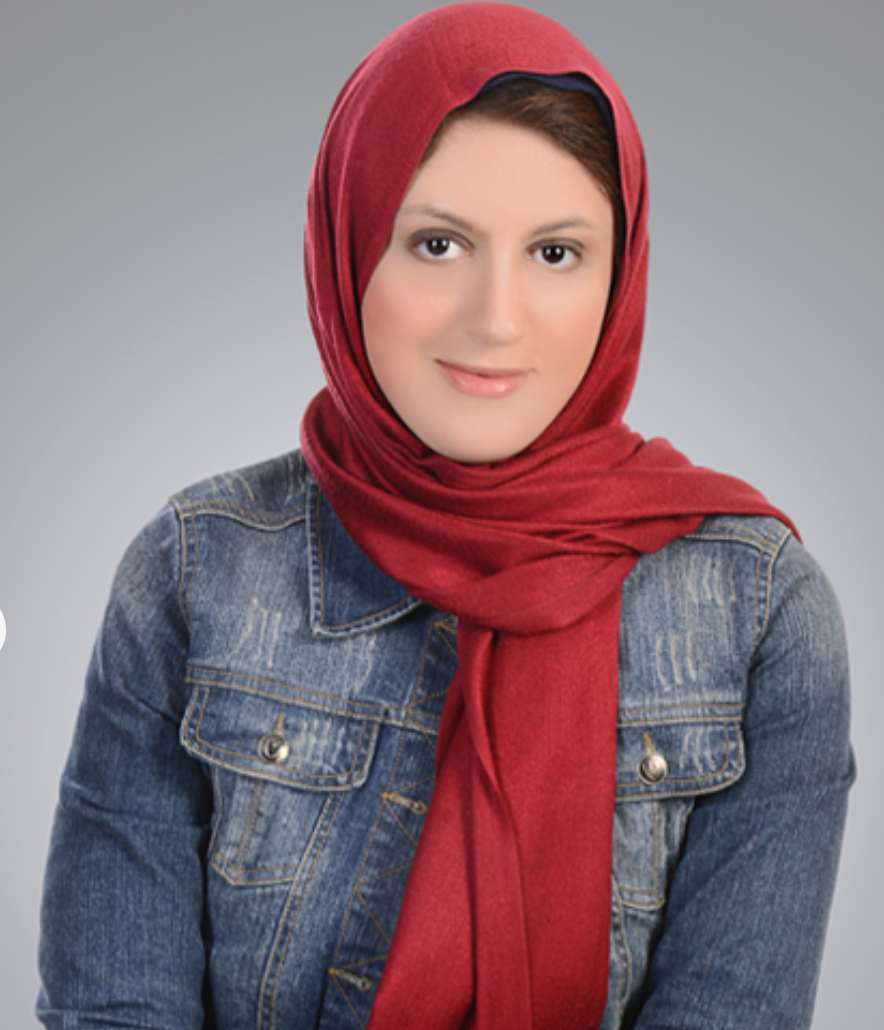 4B. Flash Fiction: Finding Our Words & The Path to Healing. In a world where many voices are repressed and suppressed, flash fiction allows for the release and the reveal of that which is “not allowed” to surface. In this workshop our writing prompts will help us dig deeper into what cuts us off from the Other. We'll be exploring what lurks in the shadow of our subconscious. Although flash fiction is quite famous for its economy, it never compromises the colorful dreamscape of imagination making it a perfect medium of creative expression. Participants will learn different flash forms to craft the stories we never thought we should, or could, tell.
4B. Flash Fiction: Finding Our Words & The Path to Healing. In a world where many voices are repressed and suppressed, flash fiction allows for the release and the reveal of that which is “not allowed” to surface. In this workshop our writing prompts will help us dig deeper into what cuts us off from the Other. We'll be exploring what lurks in the shadow of our subconscious. Although flash fiction is quite famous for its economy, it never compromises the colorful dreamscape of imagination making it a perfect medium of creative expression. Participants will learn different flash forms to craft the stories we never thought we should, or could, tell.
Riham Adly is an award-winning flash fiction writer from Giza, Egypt. In 2013 her story “The Darker Side of the Moon” won the MAKAN award. She was short-listed several times for the SI FF Contest. Her flash fiction appeared in over fifty journals such as Litro, The Citron Review, and The Sunlight Press, among others.
4C. Warrior Pose: Self & Community Care Retreat and Workshop for Social Justice Educators. Social Justice Warriors (Participants) will experience the signature SWR Discussion Day during which community reflective texts and media provide the grounding for restorative circle format discussions around social justice and wellness, for self and community. The foundation of discussions will support Transformation, Liberation, Healing, and Celebration. This workshop calls on all participants to bring themselves, their experience and creativity to explore what comes up and generate an “anthology” of written, spoken and performed words to articulate new understandings of language and how it can be transformative. The workshop seeks to model how educational communities can create equitable and healing spaces for all, moving beyond “courageous conversation” into truly just and anti-racist spaces.
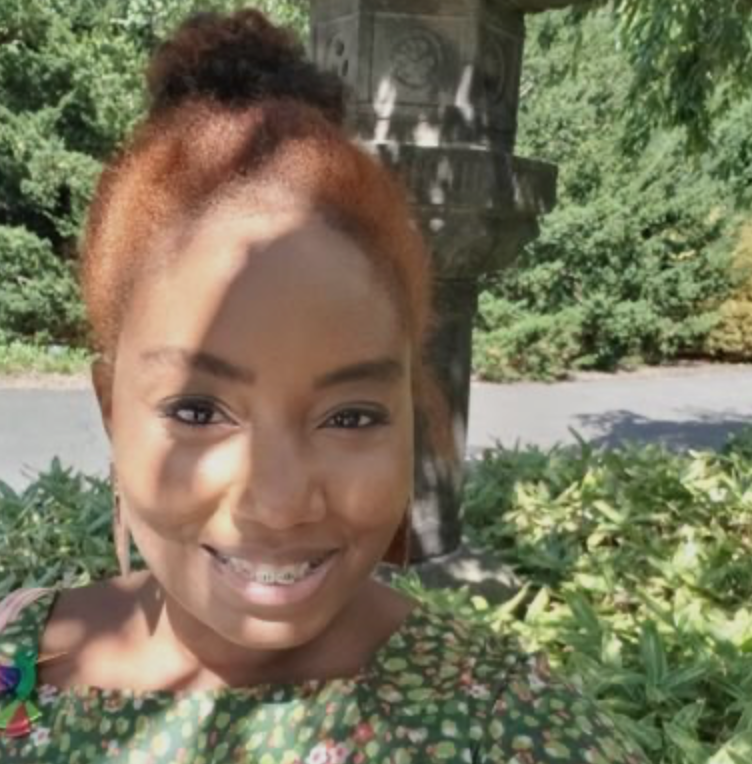 Vanessa Emile is a dynamic educator with 12 years of experience in successfully moving students at different skill levels and from diverse backgrounds to achieve college readiness. Her expertise in curriculum development, research, and commitment to diversity, equity, inclusion and healing is grounded in using transformative language to self-educate and to educate others.
Vanessa Emile is a dynamic educator with 12 years of experience in successfully moving students at different skill levels and from diverse backgrounds to achieve college readiness. Her expertise in curriculum development, research, and commitment to diversity, equity, inclusion and healing is grounded in using transformative language to self-educate and to educate others.
 Zena Wouadjou-Robinson is an inspired educator with 20 years of experience in curriculum, instructional and program design. She is passionate about co-creating spaces that center, teach, and model healing, freedom, culture, community, genius, and love through the power of the word.
Zena Wouadjou-Robinson is an inspired educator with 20 years of experience in curriculum, instructional and program design. She is passionate about co-creating spaces that center, teach, and model healing, freedom, culture, community, genius, and love through the power of the word.In 2013, Zena and Vanessa, both classroom teachers, worked together to create a culturally responsive program to engage and revolutionize learning spaces. Both Zena and Vanessa bring their training in Restorative Practices, Yoga and Meditation to their work with youth, schools, and families. SchoolWideRead (SWR) a culturally responsive framework for BUILDING literacy, community, scholarship and social justice, integrating research-based Culturally Responsive & Sustaining Education (CRSE) and adaptive models of Restorative Practice. SWR brings teachers, support staff, administrators, young people, families and community members together to the same table to explore the ways in which social realities of racism, colonialism, imperialism, patriarchy, colorism, classism, ableism and other oppressive ideologies have shaped and been shaped by us. More importantly, SWR creates a space for building new relationships and ways of being, with ourselves and others. www.schoolwideread.org
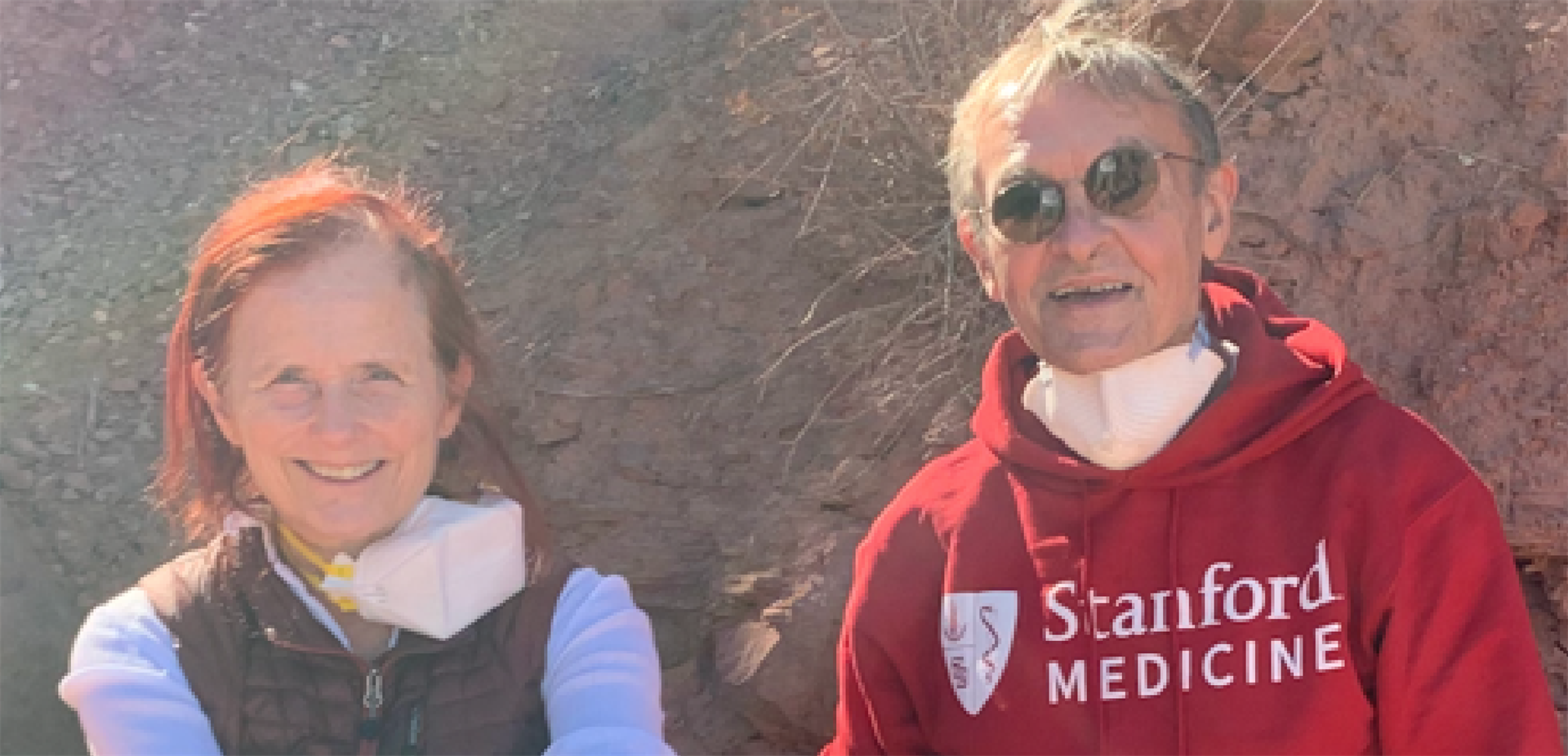 4D. The healing power of language: how does it really work? - Barbara Mainguy & Lewis Mehl-Madrona
4D. The healing power of language: how does it really work? - Barbara Mainguy & Lewis Mehl-Madrona
In this workshop, attendees will have the opportunity to learn about our cross-cultural approach to narrative psychotherapy, and will experience some of our techniques, including finding the story of something that tempted us regardless of possible negative consequences (one definition of addiction). We will spend time creating small life stories about this period of our lives.
Background: In developing a culturally-based approach to Maine’s indigenous people with opiate (and other substance) use disorders, we have relied upon narrative approaches, as the Wabanaki people of the northeast are a storied culture. Knowledge is historically transmitted through stories and talking story is a prime means of communication. We recognize large stories (the identity narrative, the life story, and the story about the addiction and the substance) and small stories (the vignettes that we tell each other about our lives and activities). Indigenous Wabanaki philosophy states that we see the world using the stories that we have absorbed or constructed to explain our perceptions. The brain evolved to manage stories, especially about our social relationships. Using substances is a story that is connected to poverty and adverse childhood events. We create new stories to develop a sense of agency, the sense that one’s actions can make a difference in one’s life. Through meaning-making, shame is reduced. Feelings of belonging come from sharing the same stories, especially origin stories. Within our approach to counseling, we seek the person’s life story using a modified version of Northwestern University's Foley Center's life story interview, which may take several sessions to unfold. We also seek the story of addiction and the substance and wonder how this story fits into the life story. Typically, the identity narrative is linked to the addiction story, and the work of counseling consists of separating them and finding an identity story that doesn’t include the substance. Within Wabanaki traditional cultures all substances have spirits that should be addressed and respected. One should not ingest a substance without knowing its songs and stories. We incorporate this idea into bringing client awareness into the traditional understanding of substances and use it to work toward a life story that doesn’t include the substance. Some key concepts include (1) reframing the person’s self-story about being addicted within a threat-power-meaning network in which the story of reducing or eliminating substance abuse becomes a story of opposing threatening power relationships derived from colonization and working toward recovery and rebellion becomes an act of rebelling against colonization and restoring balance from the imbalance produced by historical trauma, (2) working with stories about the spirit of the addiction and the consequences of ingesting spirit-laden substances without knowing their songs and protocols and without showing the proper respect to that substance, (3) constructing future-self-narratives that explore right relationships and meaningful conduct in the context of recovery, (4) constructing stories about the intergenerational transmission of addictions and exploring the question, “who will be the recipient of your addiction?”
Barbara Mainguy studied psychology and philosophy at the University of Toronto, documentary filmmaking at York University, creative arts therapies at Concordia University, and social work at the University of Maine. She currently works as a psychotherapist and crisis services supervisor for Wabanaki Health and Wellness, a center in Bangor, Maine for Native Americans who are off their reservations. She works in their harm reduction program for substance use disorders. She consults and teaches on bringing narrative approaches into counseling with Native Americans, recognizing the storied aspects of North America’s indigenous people, and regularly brings art into her clinical work.
Lewis Mehl-Madrona works with Wabanaki Public Health and Wellness in Bangor, Maine, and teaches in the Medical Arts and Humanities Program at the University of Maine at Orono. He has written several books, including Narrative Medicine, Healing the Mind through the Power of Story: the Promise of Narrative Psychiatry, and the Coyote Trilogy (Coyote Medicine, Coyote Healing, Coyote Wisdom). He is currently studying the use of the life story interview and the six-part story method as a lead to people’s making graphic novels/zines/comic books about personal life crises and is teaching medical students and medical residents about narrative medicine.
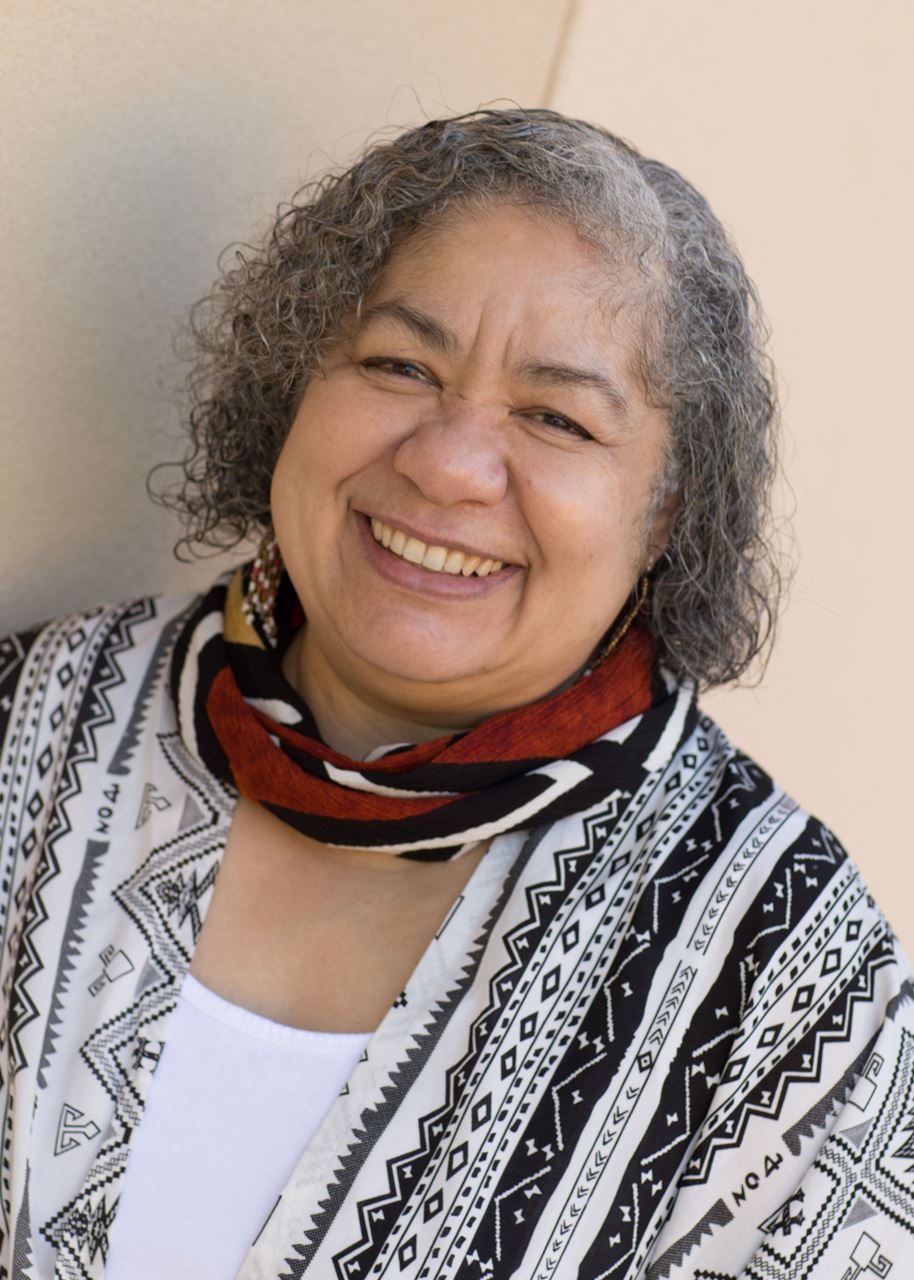 4E. Filling the Vessel: Unmasking Our Stories of Pandemic/Post-Pandemic Self-Care. Eleanor Brown said, “Self-care is so important. When you take time to replenish your spirit, it allows you to serve others from the overflow. You cannot serve from an empty vessel.” A prompted writing and chat session, offering opportunities to refill the vessels of our own spirits and hearts by acknowledging what we have all experienced, sharing the ways we sustained and continue to sustain our well-being, and developing transformational building-blocks for the foundations of our continued joy.
4E. Filling the Vessel: Unmasking Our Stories of Pandemic/Post-Pandemic Self-Care. Eleanor Brown said, “Self-care is so important. When you take time to replenish your spirit, it allows you to serve others from the overflow. You cannot serve from an empty vessel.” A prompted writing and chat session, offering opportunities to refill the vessels of our own spirits and hearts by acknowledging what we have all experienced, sharing the ways we sustained and continue to sustain our well-being, and developing transformational building-blocks for the foundations of our continued joy.
Lyn Ford is grateful for her roots in spoken-word art and the creative narrative passed down in her Affrilachian family. Lyn is an internationally recognized storyteller, an award-winning writer, an Ohio teaching artist, a creative-writing coach and mentor for young authors in Thurber Writing Workshops and Summer Writing Camps, a certified laughter yoga teacher, and a member of the National Association of Black Storytellers’ Circle of Elders. www.storytellerlynford.com
Sunday Afternoon Keynote - Caits Meissner

Session Series #5
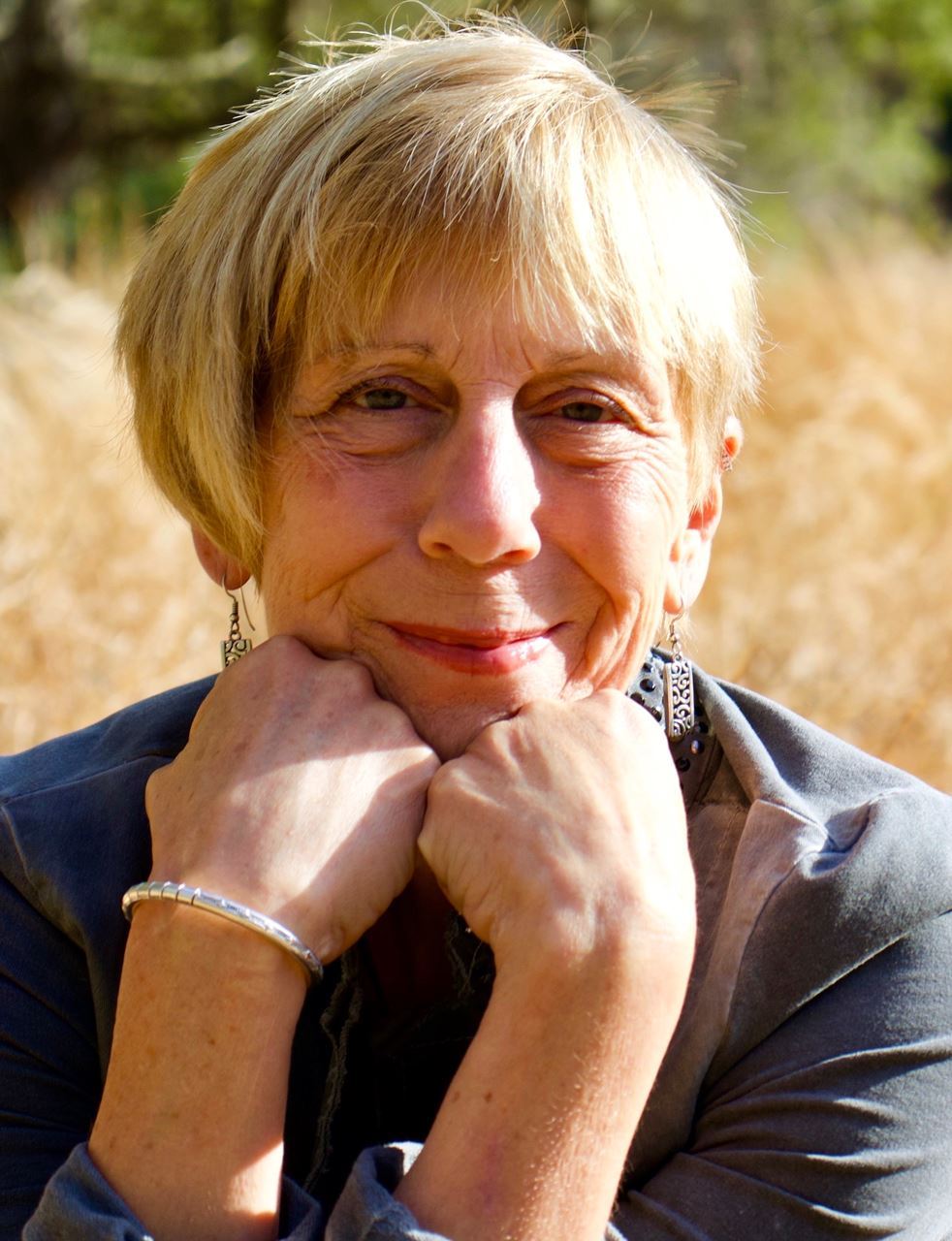 5A. What is a Day? Writing Poetry as a Practice of Seizing and Being Seized. A day begins/A day ends, as does a poem, as does a life. A day is a container of fierce presence and wild unknown. A day holds its generous dose of beauty, challenge, emotion and paradox––as a poem often does. We will explore enlightening poems about What is a day? to awaken our intuition, emotion and wisdom. We will let our minds, hearts, pens and spirits be seized, as Denise Levertov writes, by “The day’s blow,” and by generating new writing, find that we are “a bell awakened.” Writers of all genres are welcome
5A. What is a Day? Writing Poetry as a Practice of Seizing and Being Seized. A day begins/A day ends, as does a poem, as does a life. A day is a container of fierce presence and wild unknown. A day holds its generous dose of beauty, challenge, emotion and paradox––as a poem often does. We will explore enlightening poems about What is a day? to awaken our intuition, emotion and wisdom. We will let our minds, hearts, pens and spirits be seized, as Denise Levertov writes, by “The day’s blow,” and by generating new writing, find that we are “a bell awakened.” Writers of all genres are welcome
Kelly DuMar is a poet, playwright and workshop facilitator from the Boston area. Author of three poetry collections: girl in tree bark, Tree of the Apple, and All These Cures, Kelly’s writing and photos are published in Bellevue Literary Review, Tupelo Quarterly, Flock Lit, Glassworks and more. She facilitates writing workshops/webinars and a variety of programs for writers in all genres, in the US and beyond. Kelly teaches How Pictures Heal and Your Memoir as Monologue regularly at TCAN. She is a Fellow in the American Society for Group Psychotherapy & Psychodrama and a Certified Psychodramatist. You can read her daily blog, #NewThisDay, at kellydumar.com/blog
5B. Making Space for Grief with a Creative Notebook Practice. In the context of this workshop, we will explore “Making Space” as both a verb and a noun. We will make space by creating a safe and supportive atmosphere for discovering, expressing, and hearing our individual and collective grief as experienced in this moment, without judgment or unsolicited advice. We will also practice the twin forms of expressive writing and mixed media visual art (using basic art materials you may already have) in a creative notebook, which will become a making space of our own.
Materials list:
- pen for writing
- several sheets of looseleaf paper for writing (optional: you can also use a notebook dedicated to writing)
- bound sketchbook with blank (unlined) pages, any size from 4”x6” to 9”x12”
- glue stick
- scissors
- colorful collage materials (for example, magazines or old books you can tear pages from, your own painted papers or craft papers, paper packaging that contains interesting colors, images, or patterns, old maps and photographs, or scraps of paper or ephemera collected from your life)
- assortment of colored markers, crayons, colored pencils, oil pastels, colored highlighters, etc (anything you have available is fine, or feel free to use this opportunity to shop for something new to try)
- ink or acrylic craft paint in any color(s) (optional)
- old credit card/gift card for spreading paint (optional)
- wax paper (optional)
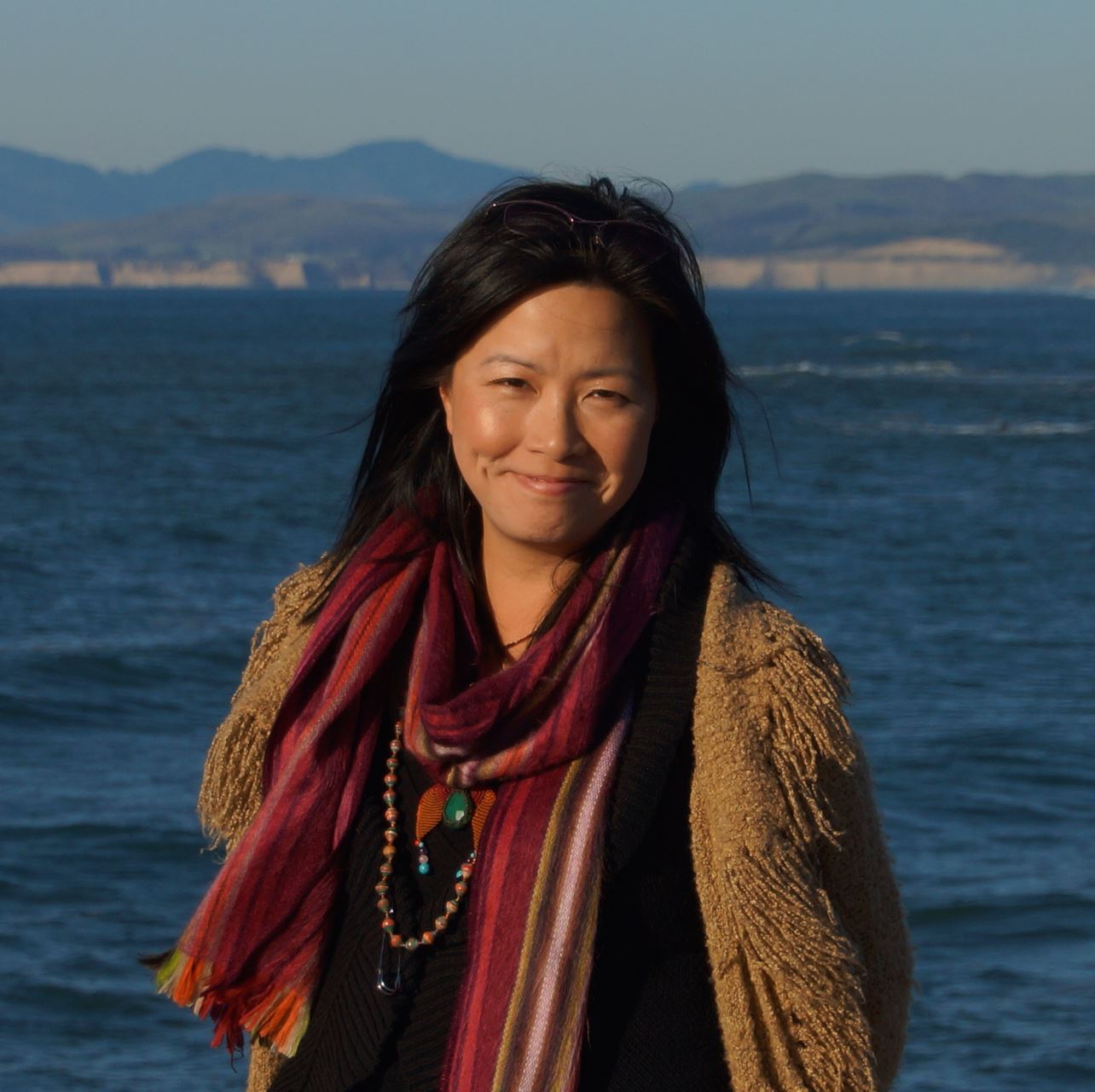 Lisa Chu, MD, is a multidisciplinary artist, performance creator, workshop facilitator, and SoulBodyMind life coach. She enjoys encouraging people of all ages to recognize and explore their own creative potential, which Lisa herself has explored through research and practice at the intersection of expressive arts and healing for the past decade, and performing arts and teaching for the past three decades. She trained as a physician, and has worked as a venture capital investor, violin school founder, organic farmhand, outdoor gear reviewer, illustrator, improvisational rock violinist, community festival organizer, and writer/performer of a solo autobiographical theater show. She lives near the ocean in northern California.
Lisa Chu, MD, is a multidisciplinary artist, performance creator, workshop facilitator, and SoulBodyMind life coach. She enjoys encouraging people of all ages to recognize and explore their own creative potential, which Lisa herself has explored through research and practice at the intersection of expressive arts and healing for the past decade, and performing arts and teaching for the past three decades. She trained as a physician, and has worked as a venture capital investor, violin school founder, organic farmhand, outdoor gear reviewer, illustrator, improvisational rock violinist, community festival organizer, and writer/performer of a solo autobiographical theater show. She lives near the ocean in northern California.
5C. Storytelling & Narrative: Creating Transformative Experience & Liberatory Action in Education and Movement Space. In this time of racial reckoning, we need social institutions (such as the educational system) and collective action that operate outside the constraints of the academy and other tools of hetero-patriarchical capitalism that focus on building a sustainable and just world. This justice-building will necessarily be engaged by people representing multiple identity groups (e.g., BIPOC, those racialized as White, LGBTQ, cis-representing individuals, working- and middle-class people). Historically, social movements have fallen short in working across identities of difference. Today, we find ourselves trying to effect change in call-out and cancel culture. Anti-oppression work requires people with the skills and spirit to sustain this movement work and to support each other when the work gets hard.
 Diana B. Waters, Ed.D is a Black woman with working class roots using her middle-class access through educations to community-build. She is the president and founder of MayaMarc, Inc., a consulting practice based in Philadelphia. For over thirty years, Diana has facilitated, trained, and coached individuals and groups on communication skills, conflict resolution, experiential education, leadership development, mediation, and organizational development. She believes that these skills are critical for strong, empowered, organizations and communities committed to fighting for justice. Racial, economic, and gender justice are at the core of Diana’s work. Currently, Diana facilitates a seminar called RACE: social and political issues for The Philadelphia Center. Diana is very active with co-creating with incarcerated people and decarceration. She has taught seminars in the Inside-Out program (a program that brings undergraduate students inside the walls to co-learn and co-create with incarcerated learners). In all seminars, Diana supports participants in looking critically at structural inequality and identifying points to enter both individually and as part of collectives to contribute to a more just and sustainable world. Diana has also worked to create a more equitable and liberatory education system for decades, through public school advocacy in the Philadelphia Public School System, board membership on several education funds and community organizations serving primarily Black and brown Philadelphians and working class families. She has provided seminars and workshops on anti-oppression and justice building for corporations, non-profit organizations, and in public and private school settings. Supporting people in rising to mutual power across differences is her superpower and Transformative Education and storytelling are Diana’s two loves.
Diana B. Waters, Ed.D is a Black woman with working class roots using her middle-class access through educations to community-build. She is the president and founder of MayaMarc, Inc., a consulting practice based in Philadelphia. For over thirty years, Diana has facilitated, trained, and coached individuals and groups on communication skills, conflict resolution, experiential education, leadership development, mediation, and organizational development. She believes that these skills are critical for strong, empowered, organizations and communities committed to fighting for justice. Racial, economic, and gender justice are at the core of Diana’s work. Currently, Diana facilitates a seminar called RACE: social and political issues for The Philadelphia Center. Diana is very active with co-creating with incarcerated people and decarceration. She has taught seminars in the Inside-Out program (a program that brings undergraduate students inside the walls to co-learn and co-create with incarcerated learners). In all seminars, Diana supports participants in looking critically at structural inequality and identifying points to enter both individually and as part of collectives to contribute to a more just and sustainable world. Diana has also worked to create a more equitable and liberatory education system for decades, through public school advocacy in the Philadelphia Public School System, board membership on several education funds and community organizations serving primarily Black and brown Philadelphians and working class families. She has provided seminars and workshops on anti-oppression and justice building for corporations, non-profit organizations, and in public and private school settings. Supporting people in rising to mutual power across differences is her superpower and Transformative Education and storytelling are Diana’s two loves.
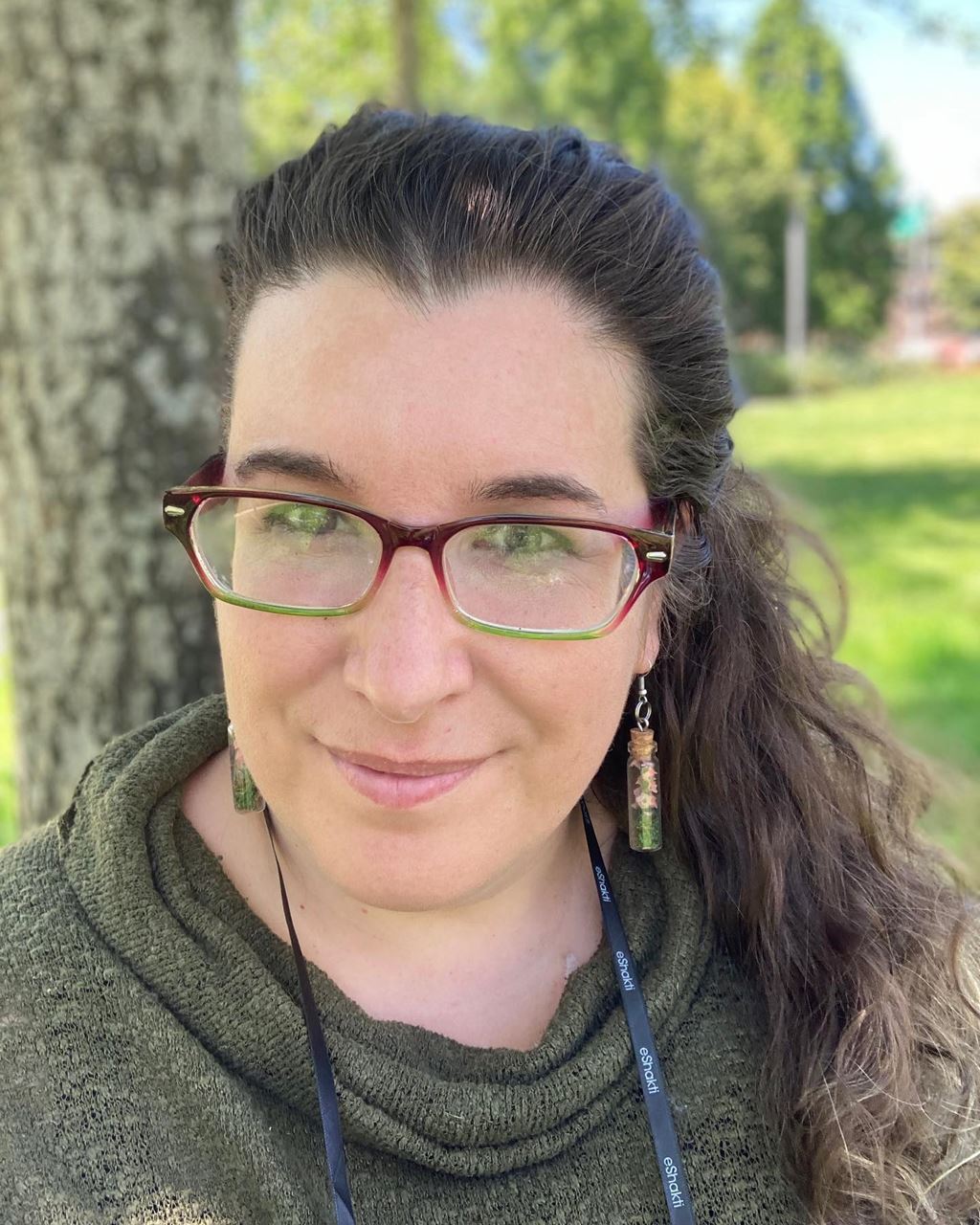 5D. Collaborative Writing: Building Community Through Poetry. Always, but especially after over a year of isolation, we find ourselves seeking out new ways to build community. In this workshop we will explore ways we can use poetry in order to do so. We will intertwine our words, using various forms to collaboratively write poetry, working together to create art and build community.
5D. Collaborative Writing: Building Community Through Poetry. Always, but especially after over a year of isolation, we find ourselves seeking out new ways to build community. In this workshop we will explore ways we can use poetry in order to do so. We will intertwine our words, using various forms to collaboratively write poetry, working together to create art and build community.
Angie Ebba is a queer disabled writer, educator, and performer who has taught writing workshops and performed across the United States. She has poetry published in Closet Cases, Queering Sexual Violence, and several literary magazines. She's also a published essayist with a focus on writing about health and disability, body positivity, and relationships. Angie teaches poetry and writing online and in person. Angie believes strongly in the power of words to help us gain a better understanding of ourselves, to build connections and community, and to make personal and social change. Angie can be found online at rebelonpage.com
 5E. Teaching Tools for TLA Practitioners & Artists. This workshop is a revised and expanded version of the three Tools for Teachers workshops offered online during the Spring of 2021. The workshop will cover the elements and process of creating a strong TLA course proposal, including developing a course concept, articulating objectives, and essential elements of a strong proposal. We will also cover basic marketing fundamentals including how to reach your audience on social media platforms, mailing lists, and word of mouth. Lastly, workshop participants will get to work on ways to develop a cohesive and well-rounded structure for your course. We will cover articulating clear learning objectives, creating exercises that work for a variety of learners, and cultivating a transformative online space for teachers and students alike.
5E. Teaching Tools for TLA Practitioners & Artists. This workshop is a revised and expanded version of the three Tools for Teachers workshops offered online during the Spring of 2021. The workshop will cover the elements and process of creating a strong TLA course proposal, including developing a course concept, articulating objectives, and essential elements of a strong proposal. We will also cover basic marketing fundamentals including how to reach your audience on social media platforms, mailing lists, and word of mouth. Lastly, workshop participants will get to work on ways to develop a cohesive and well-rounded structure for your course. We will cover articulating clear learning objectives, creating exercises that work for a variety of learners, and cultivating a transformative online space for teachers and students alike.
Liz Burke, EdD, is a poet, interdisciplinary educator, and writing coach passionate about narrative and arts-based approaches to personal and social transformation. She works with adult students, working-class identified groups, university faculty, LGBTQIA+ communities, women living with the aftermath of sexual assault and harassment, feminist activists, and poets/writers of all kinds. She serves as the TLA Network's Board Chair.
Conference Closing - Hanne Weedon, TLA Network Managing Director

